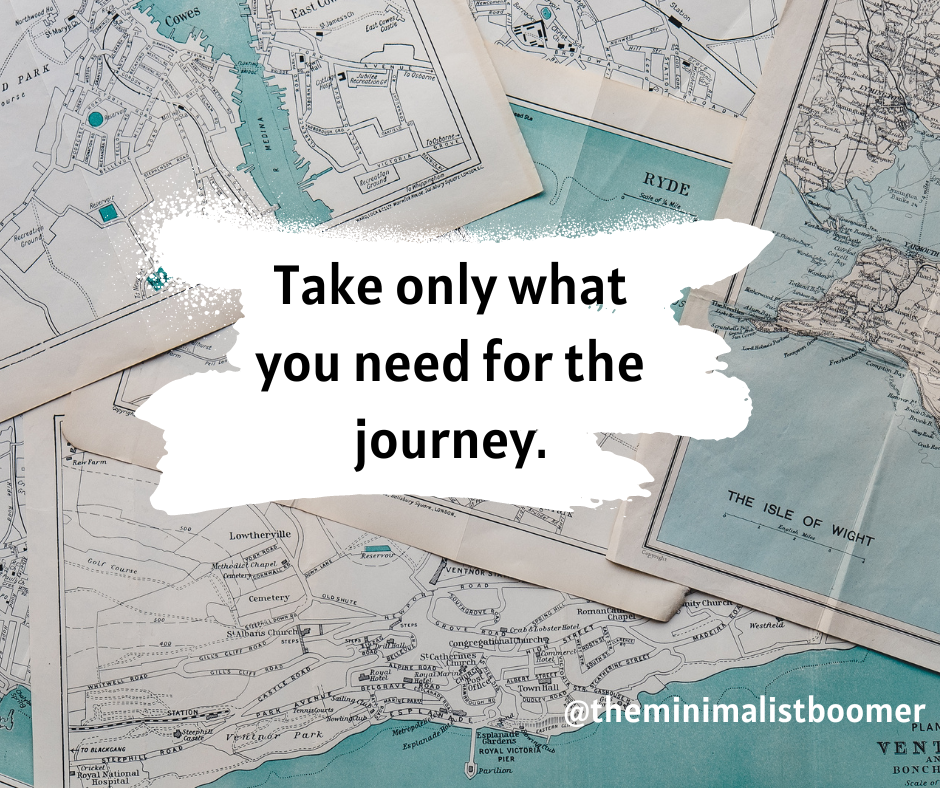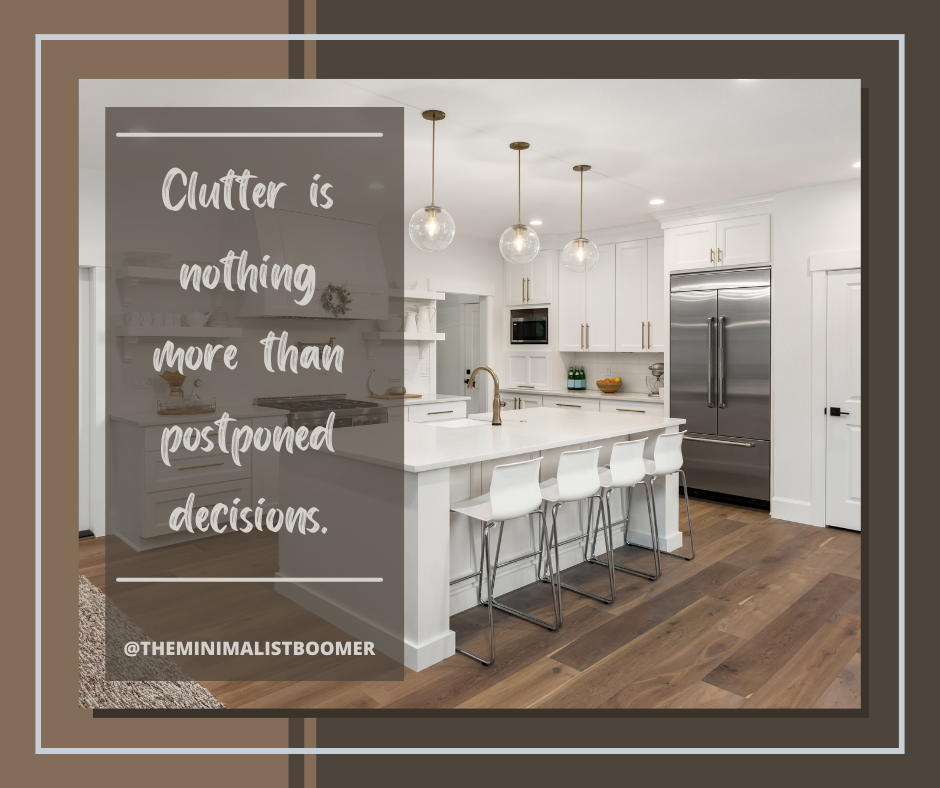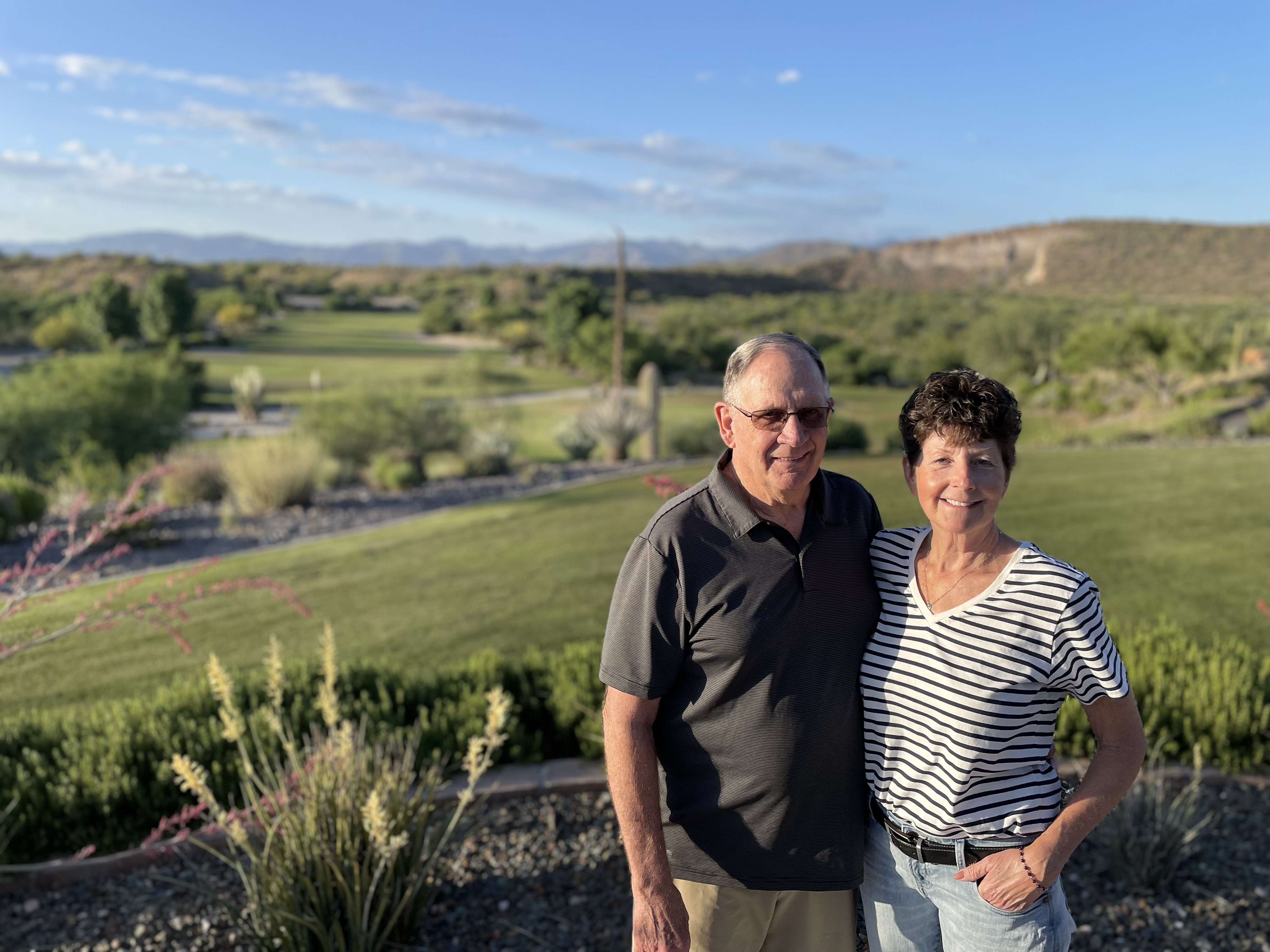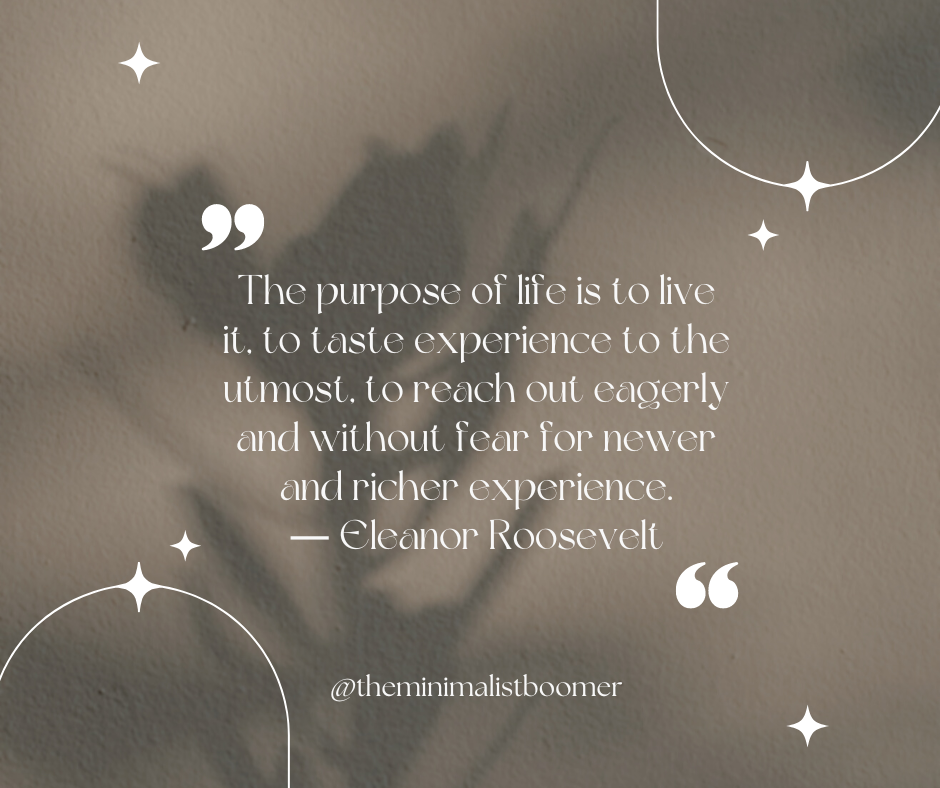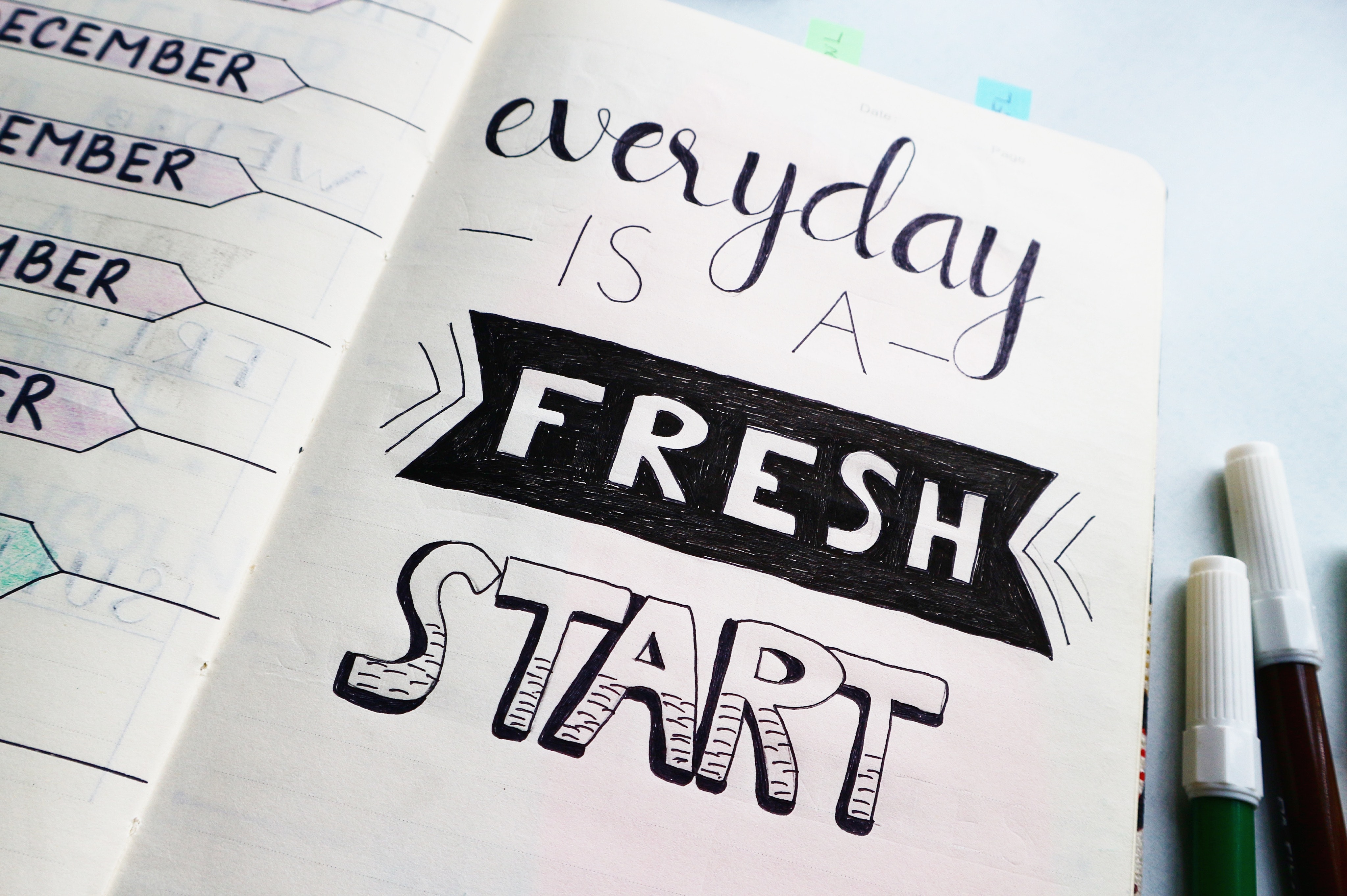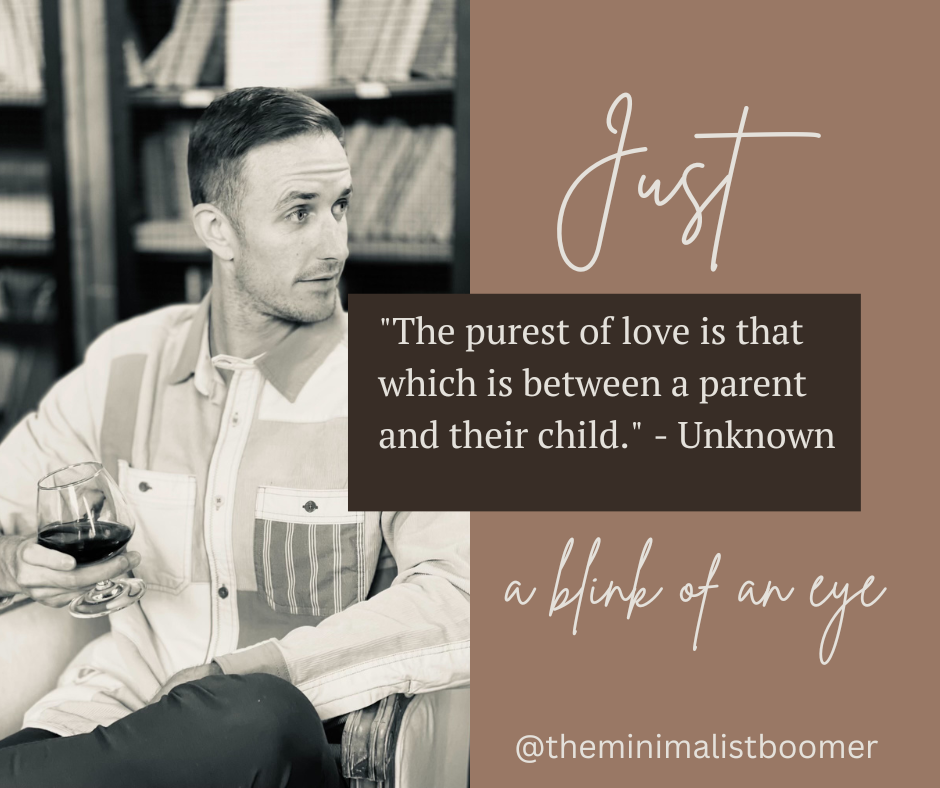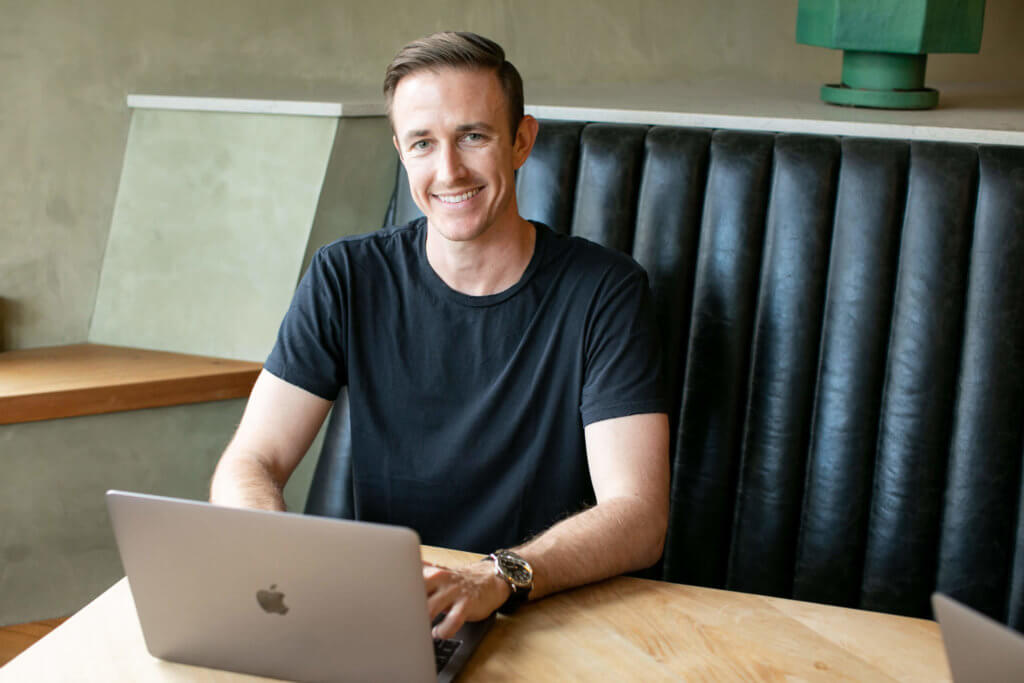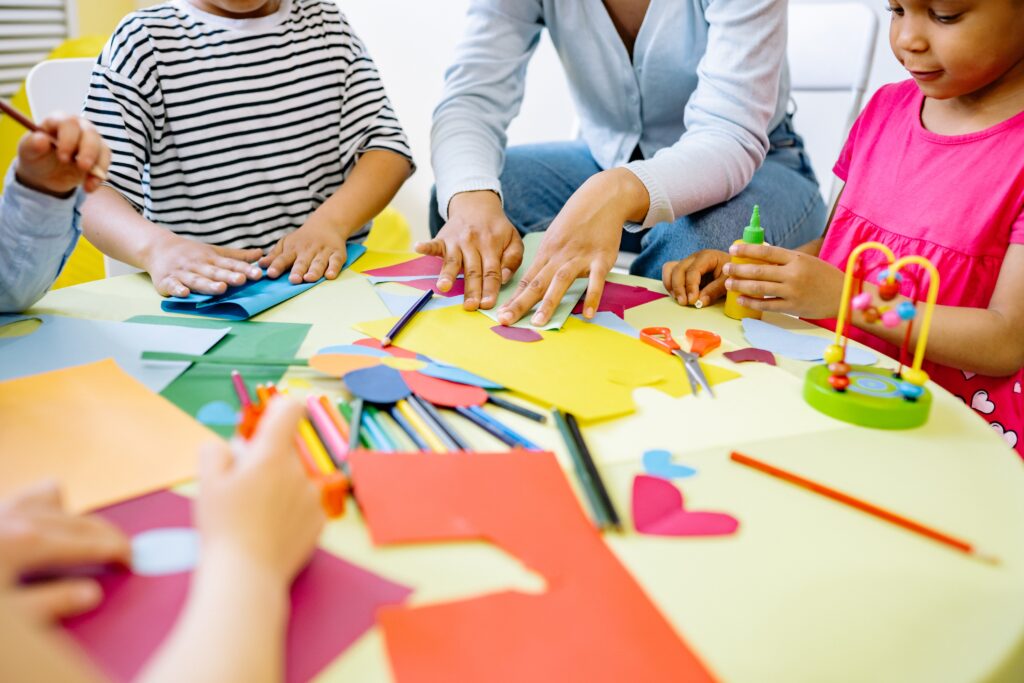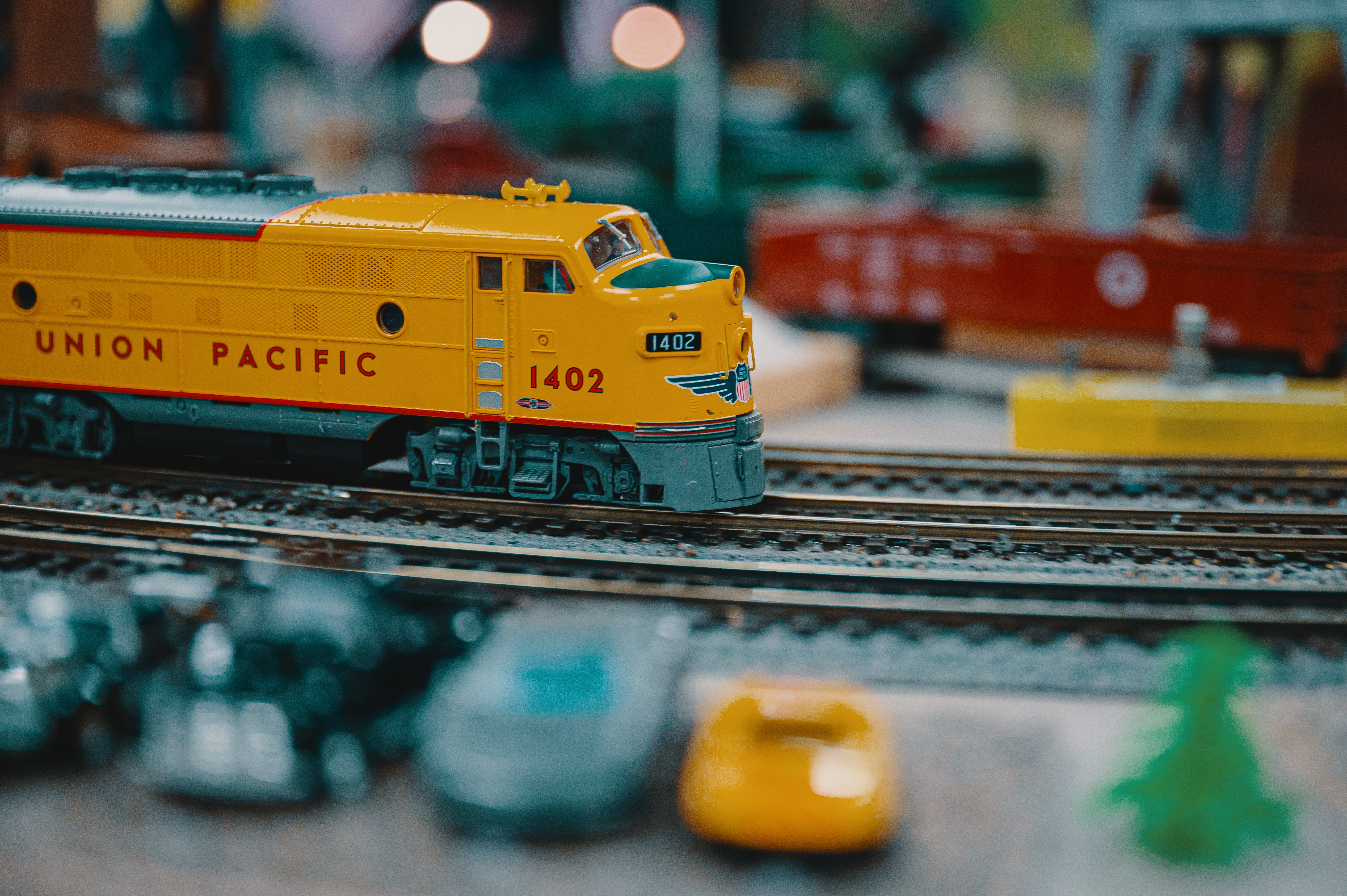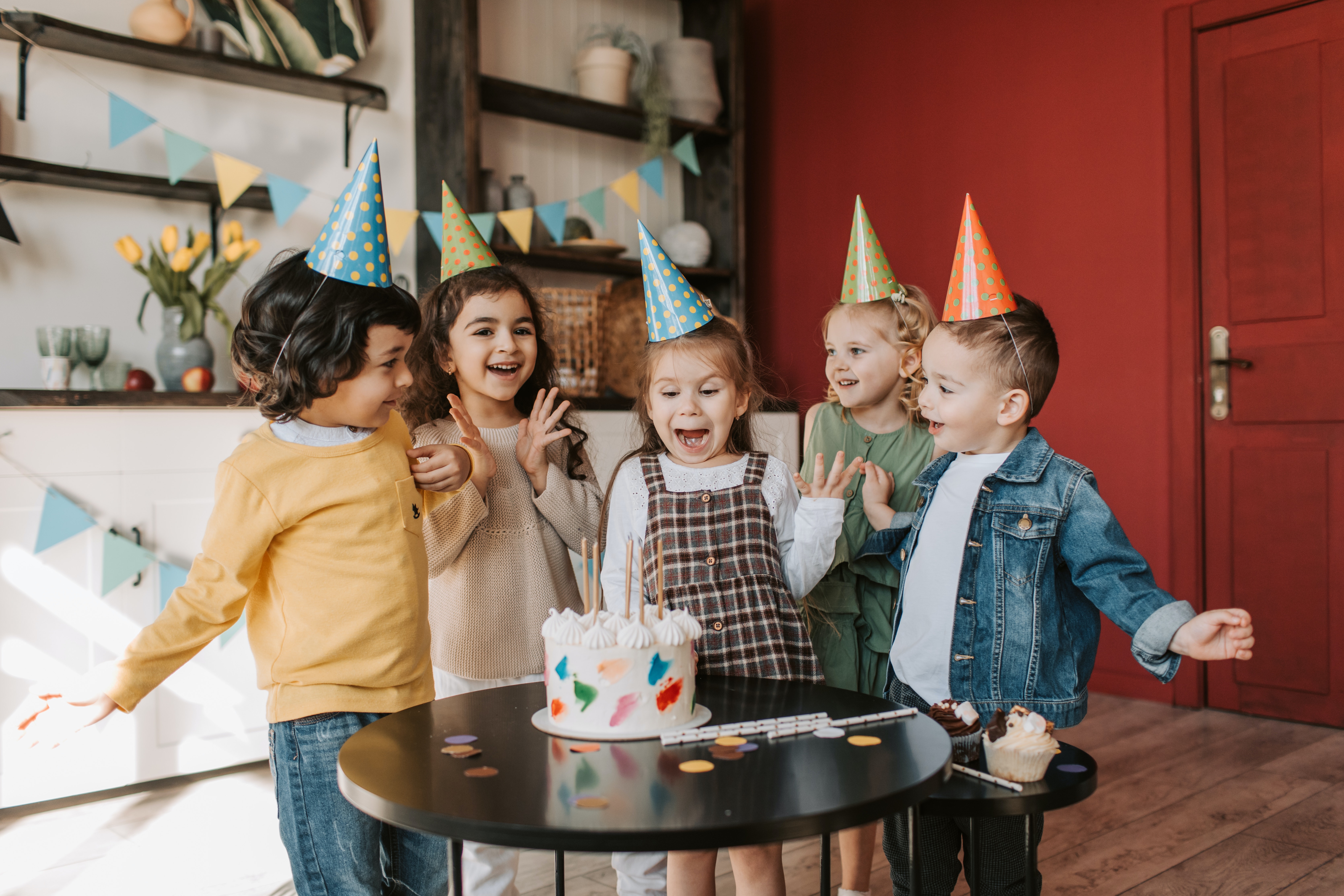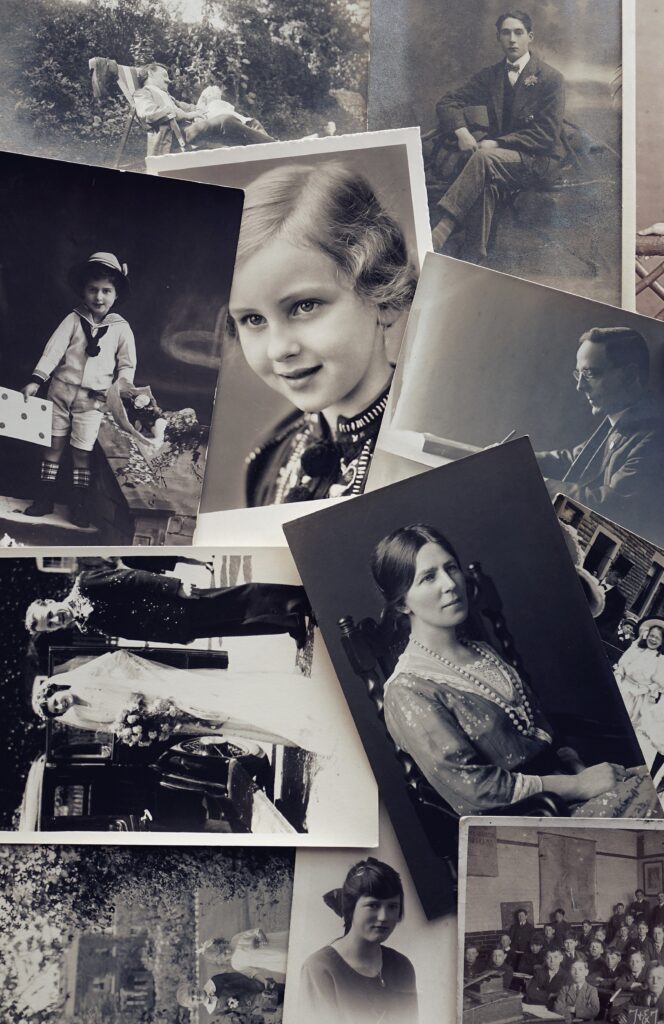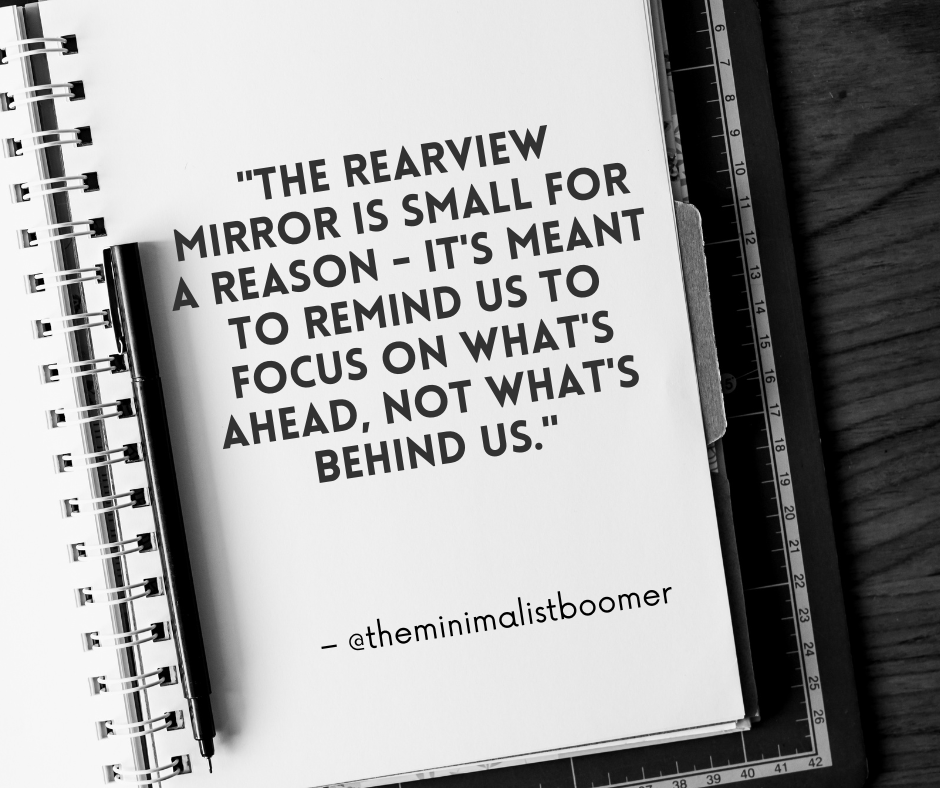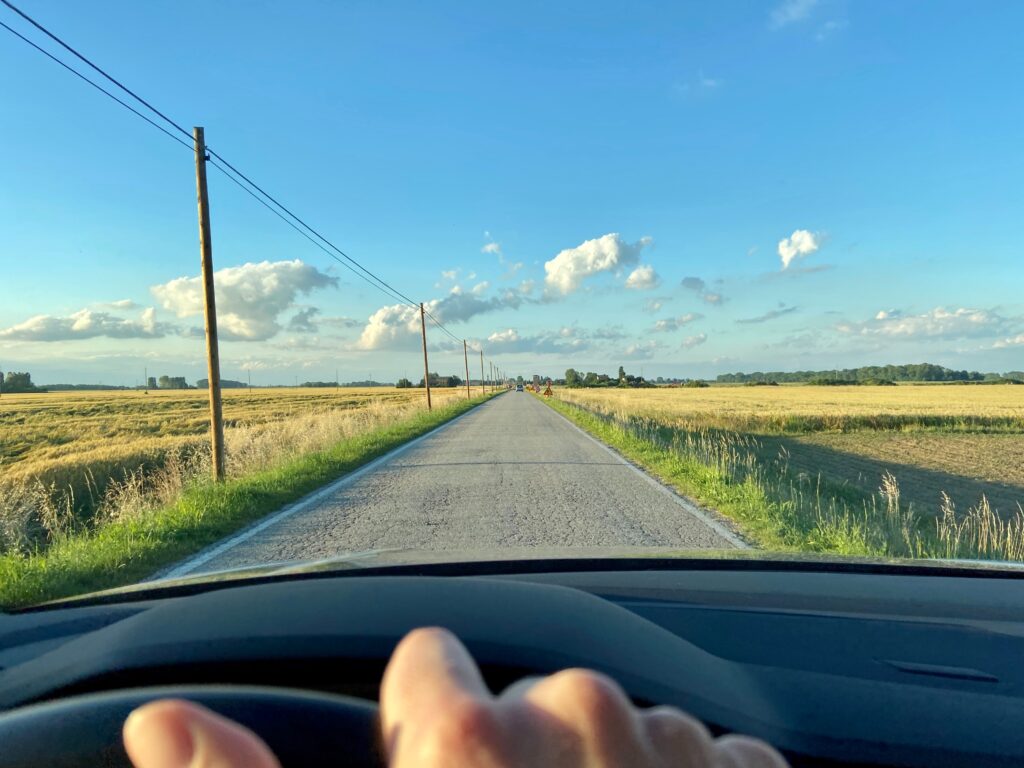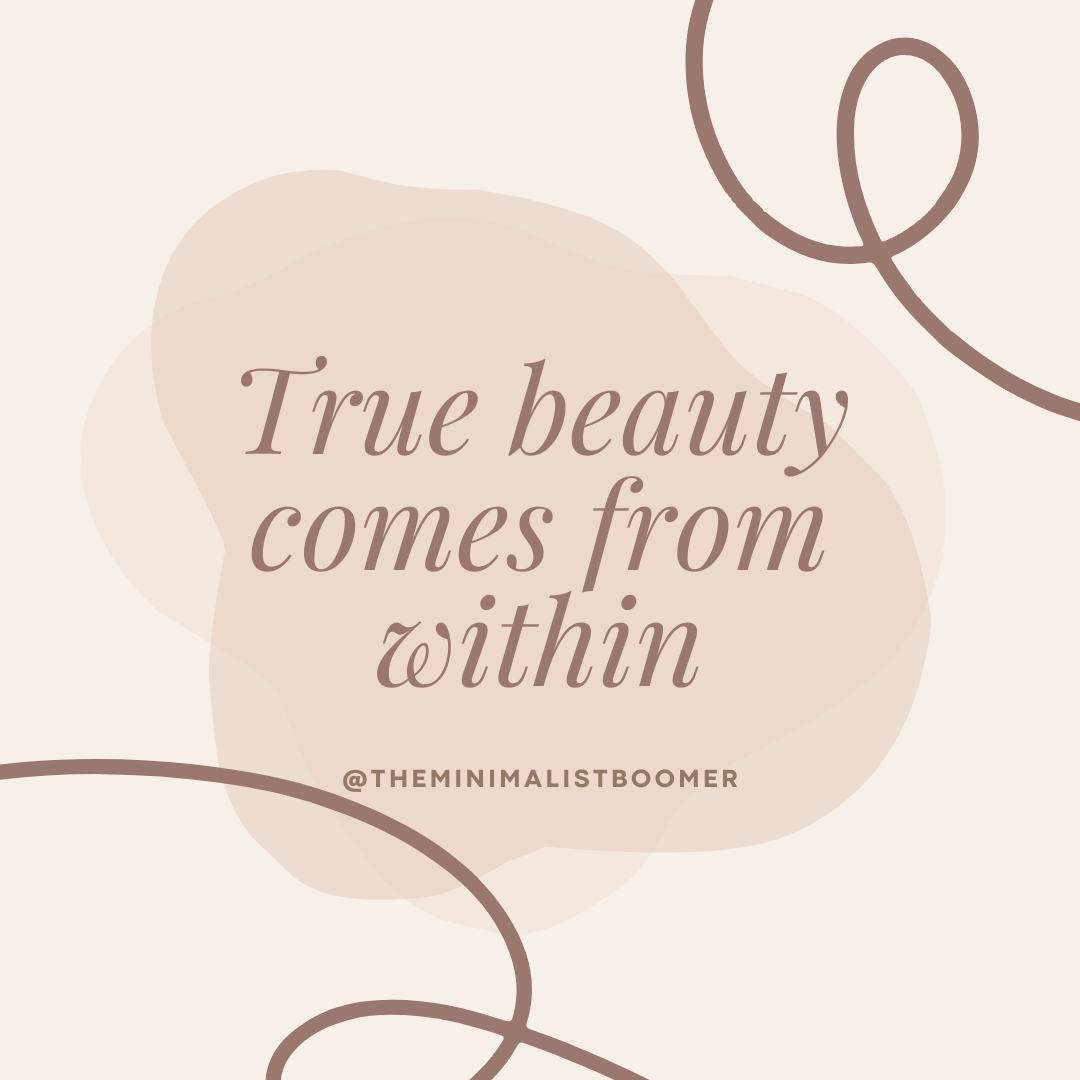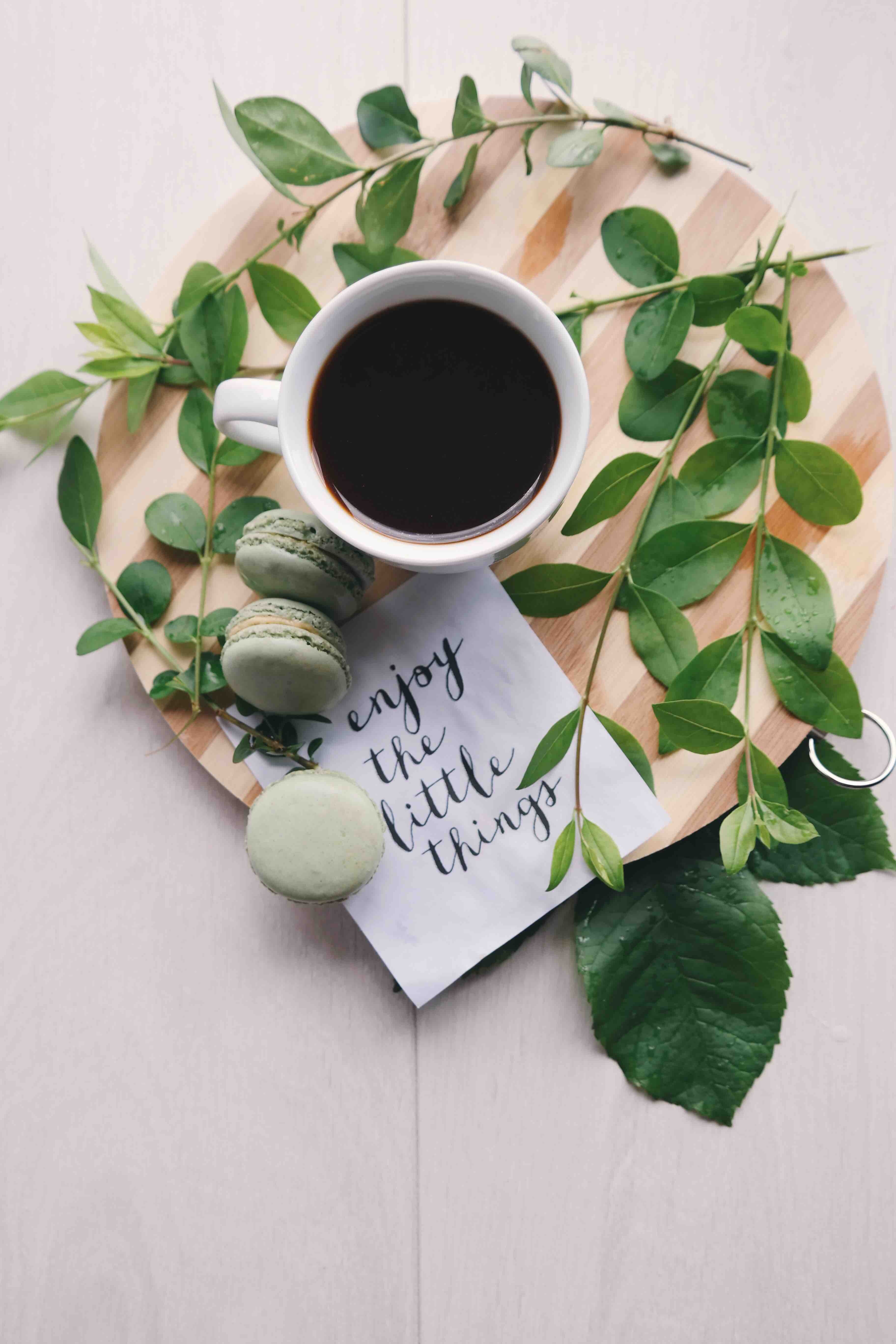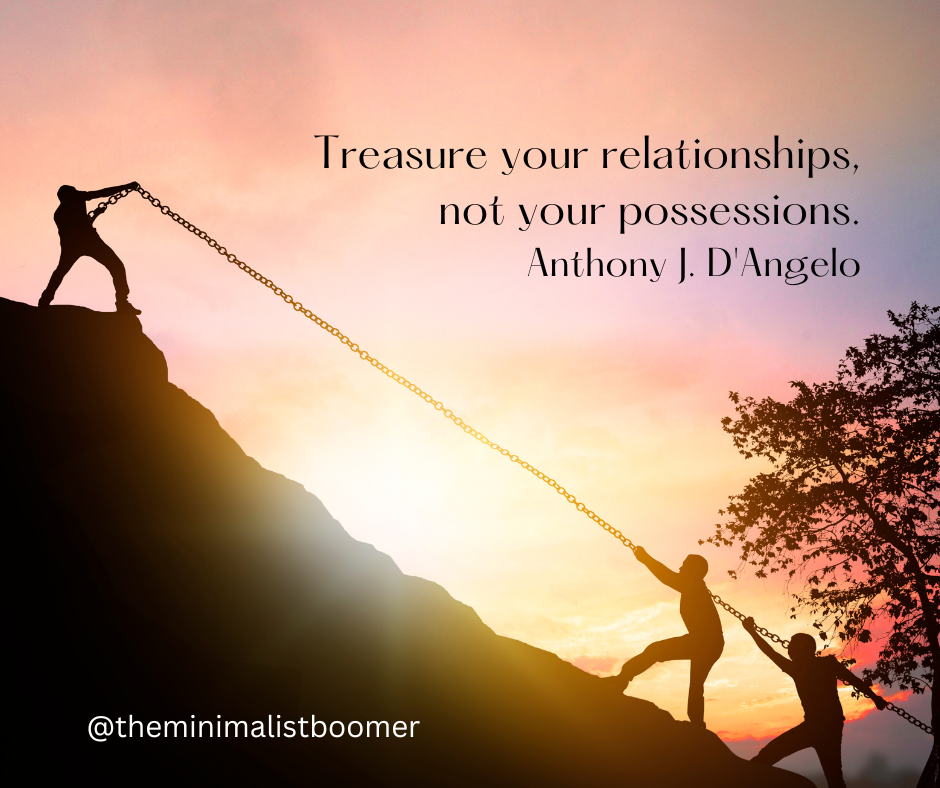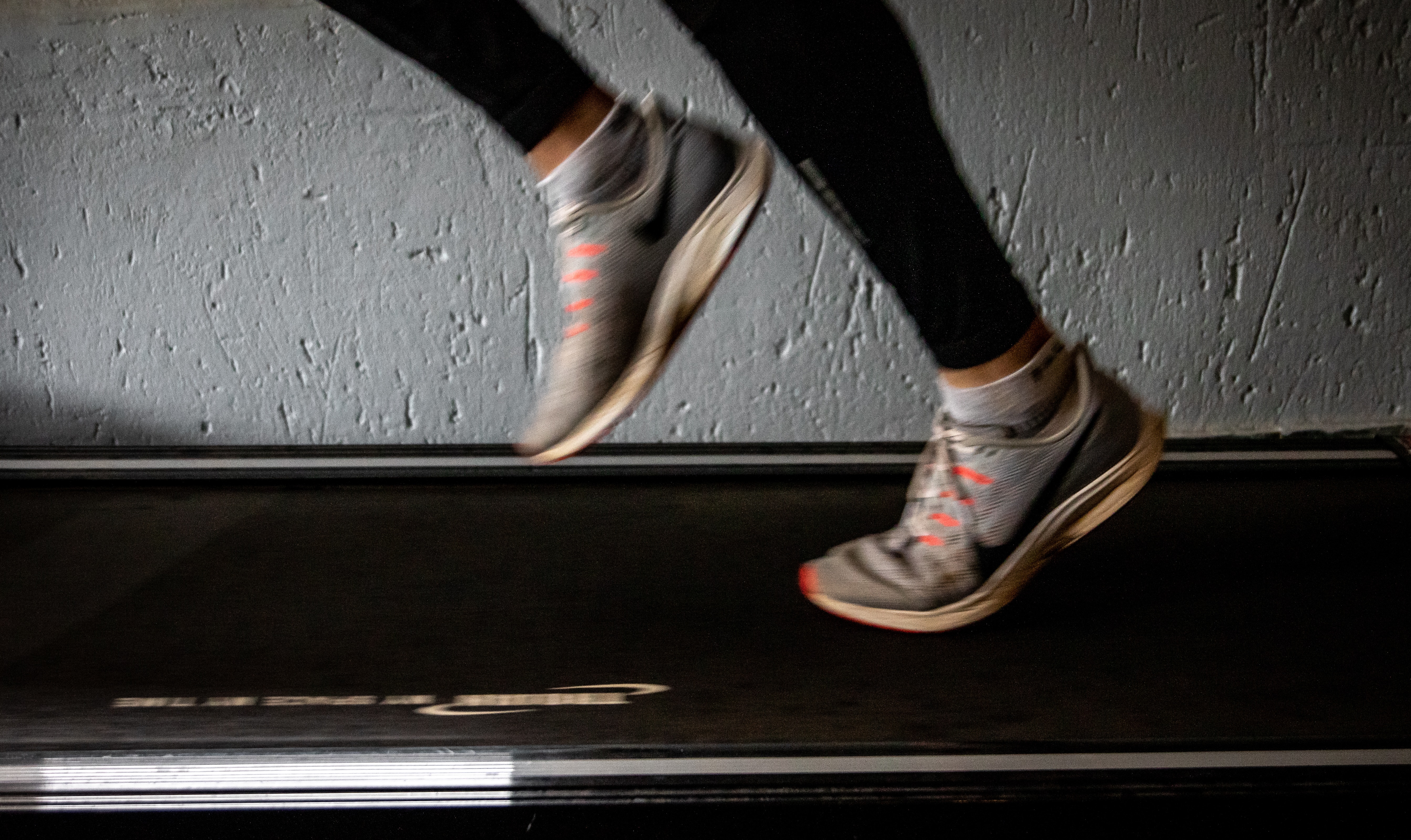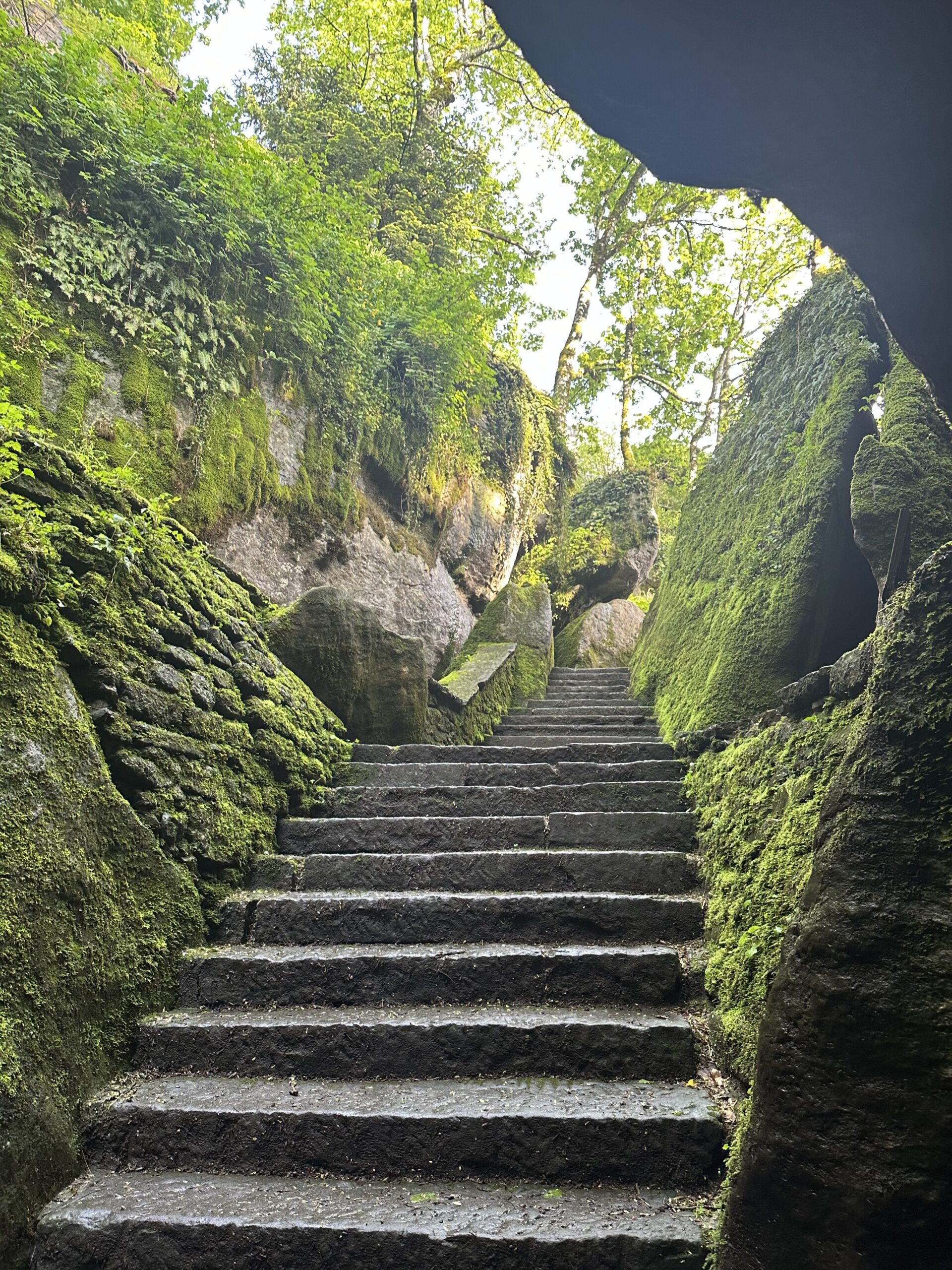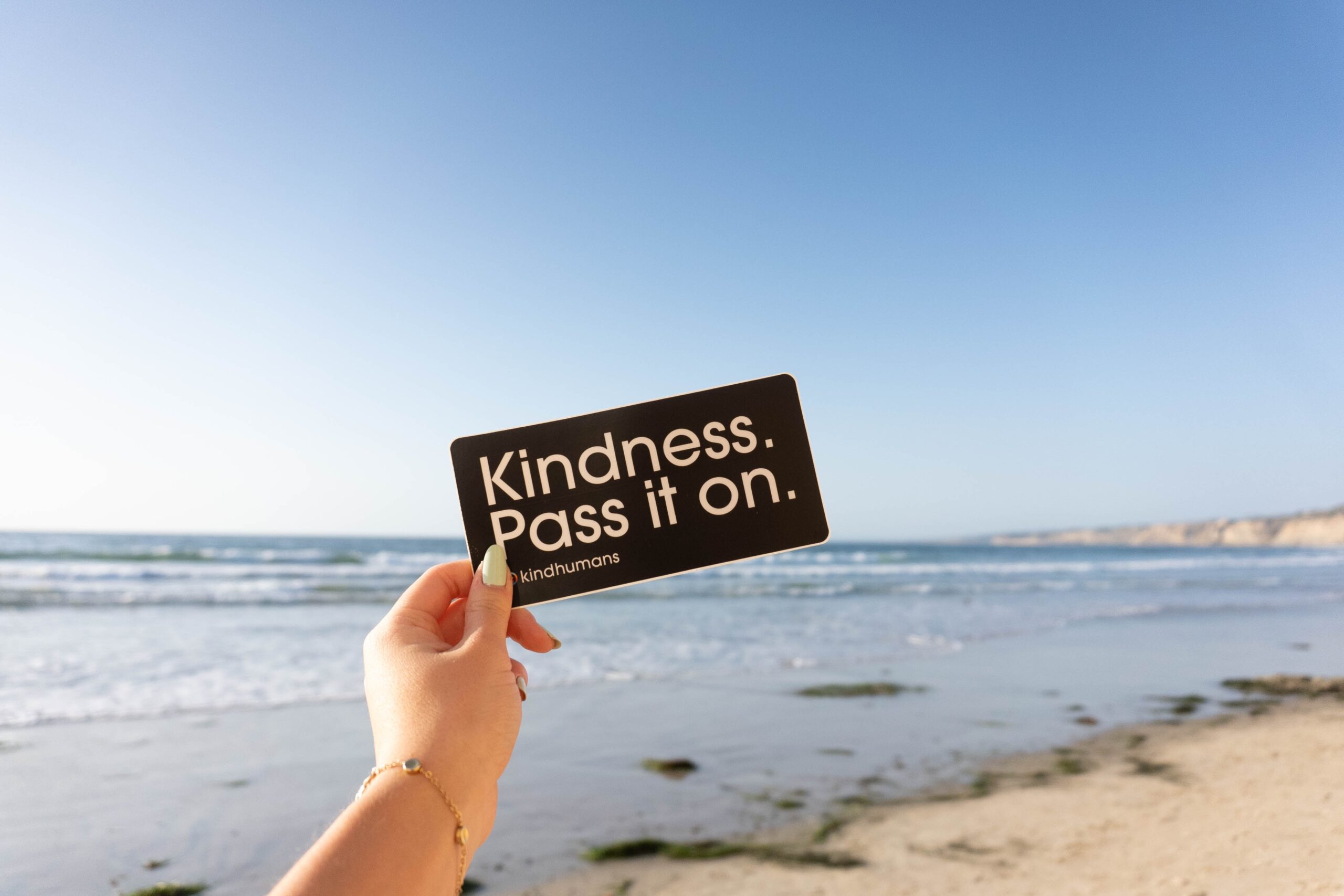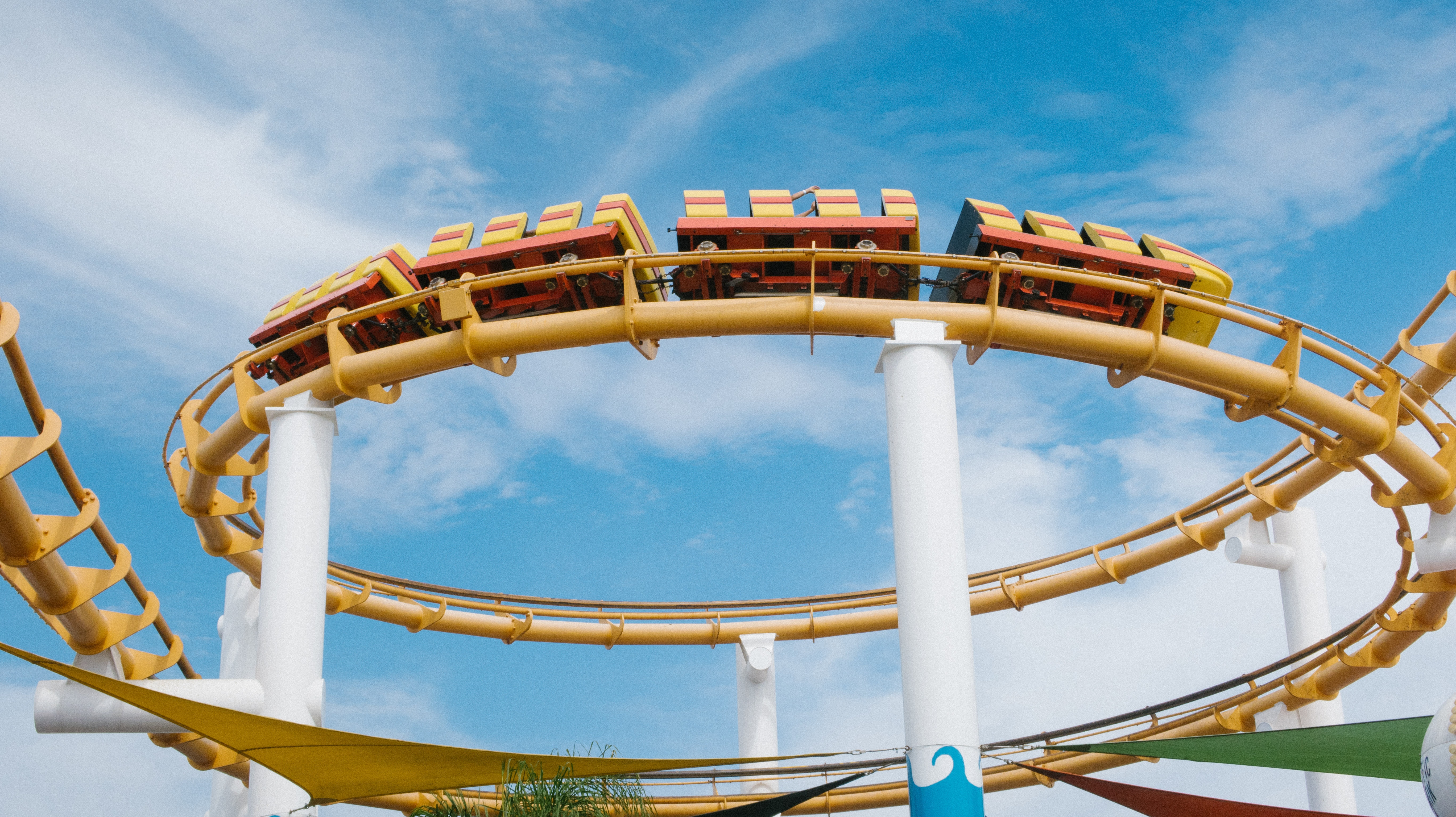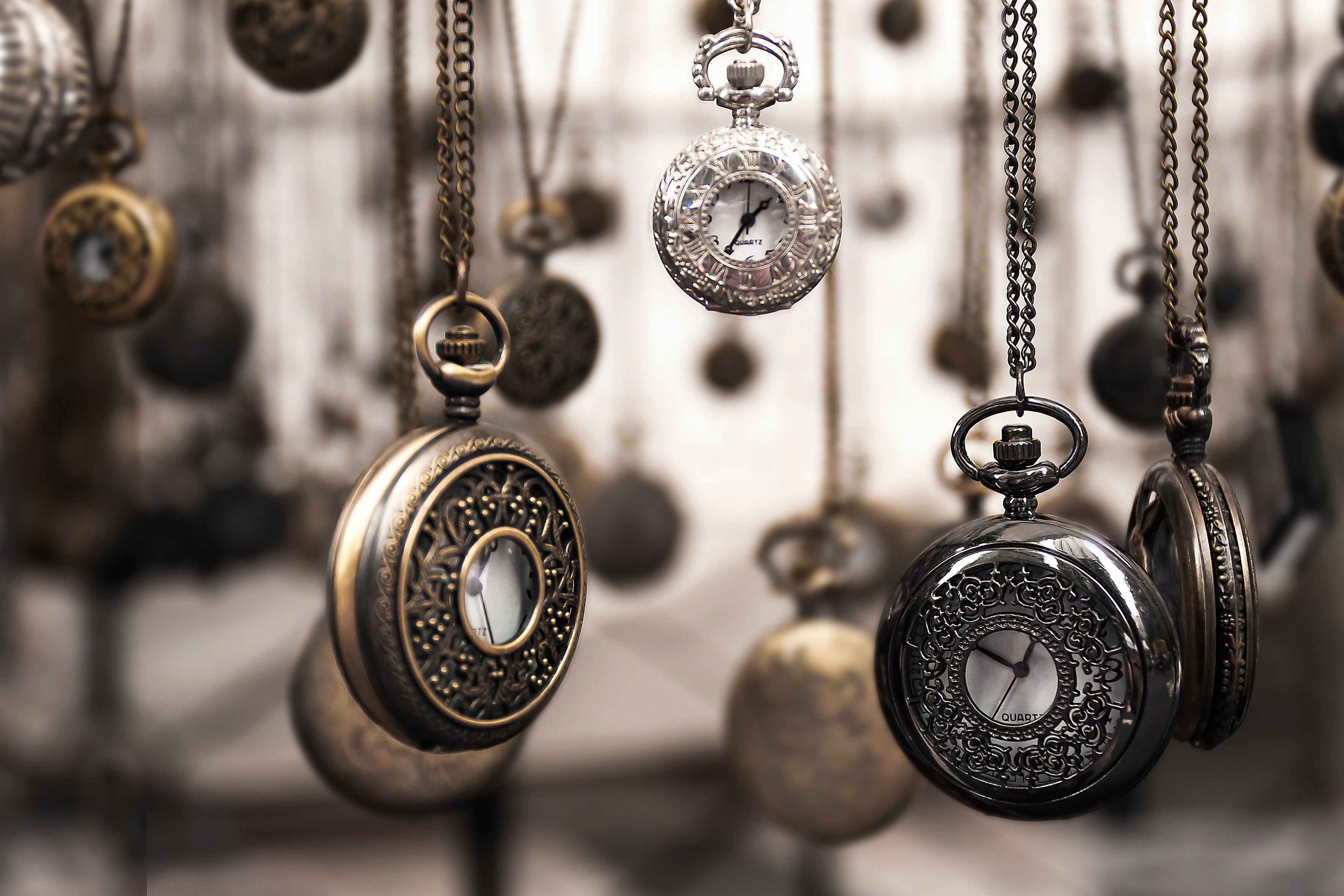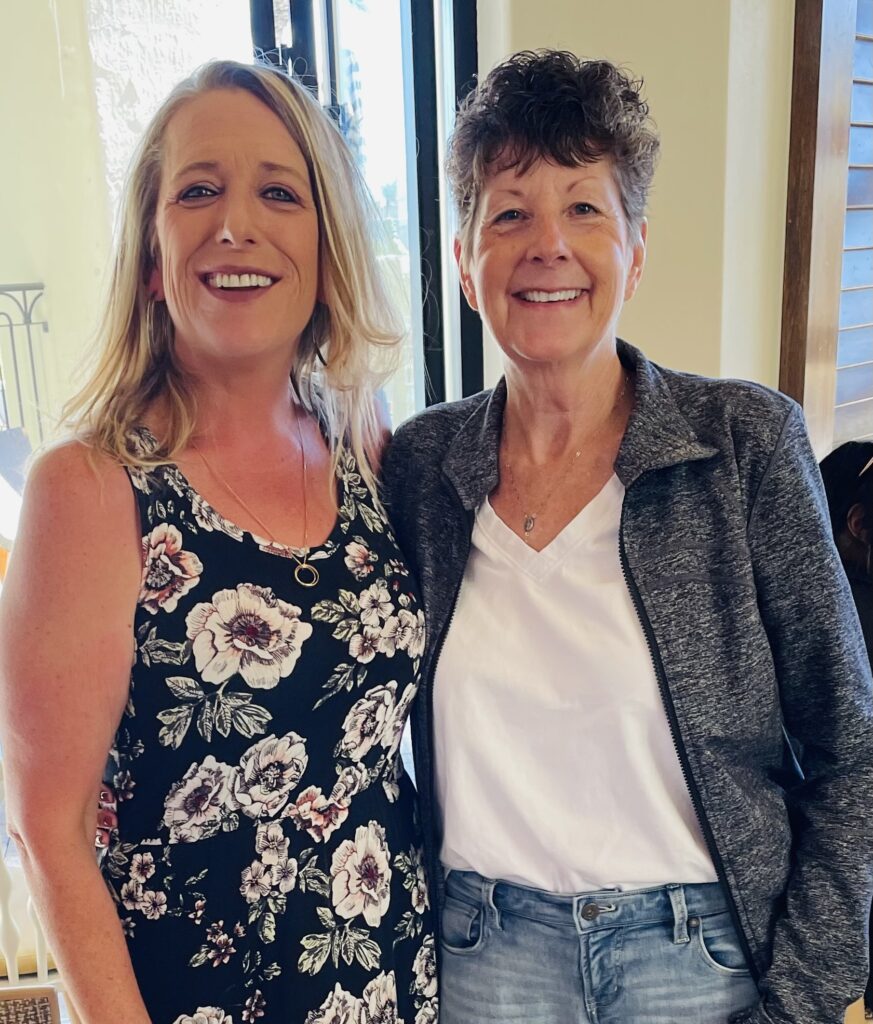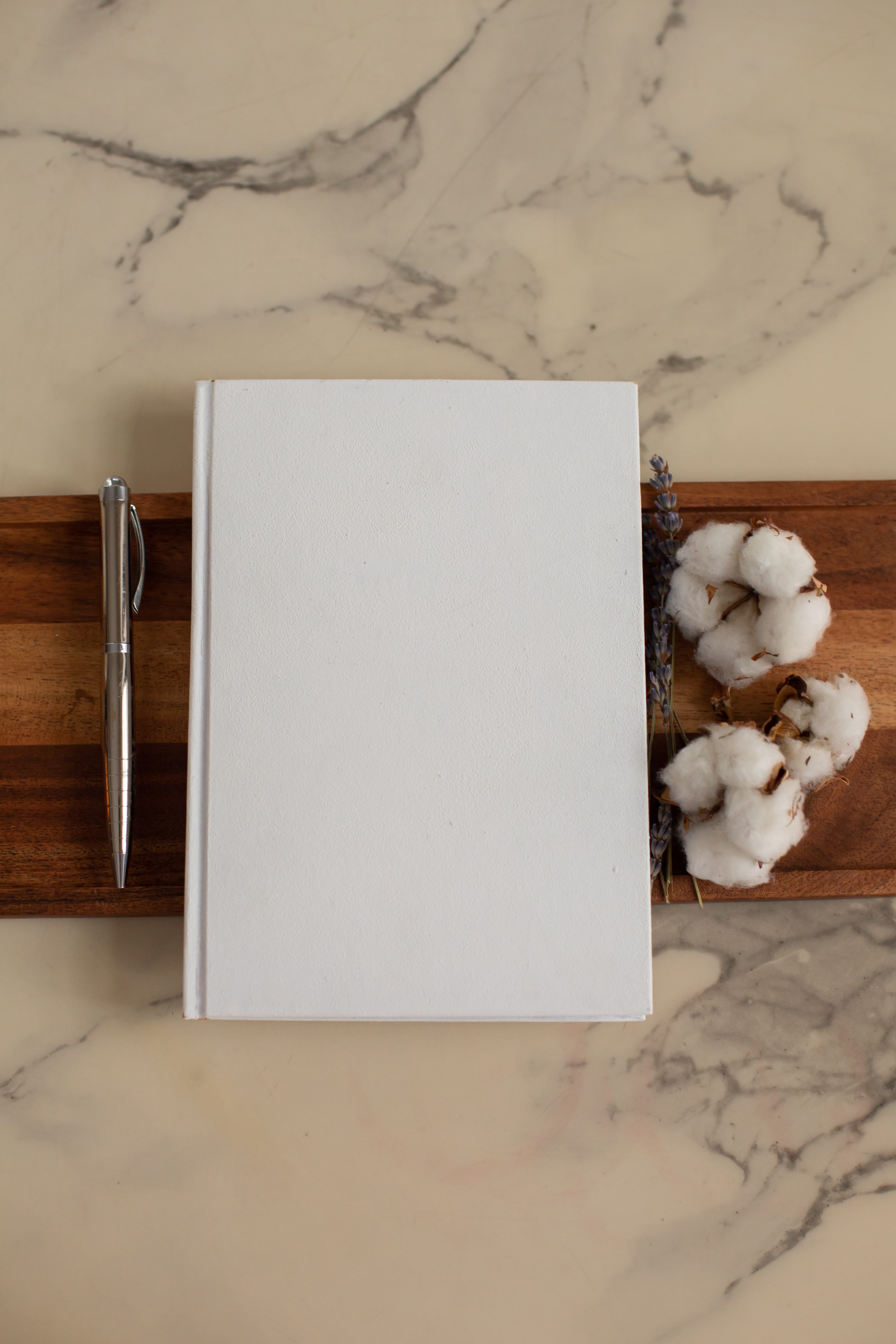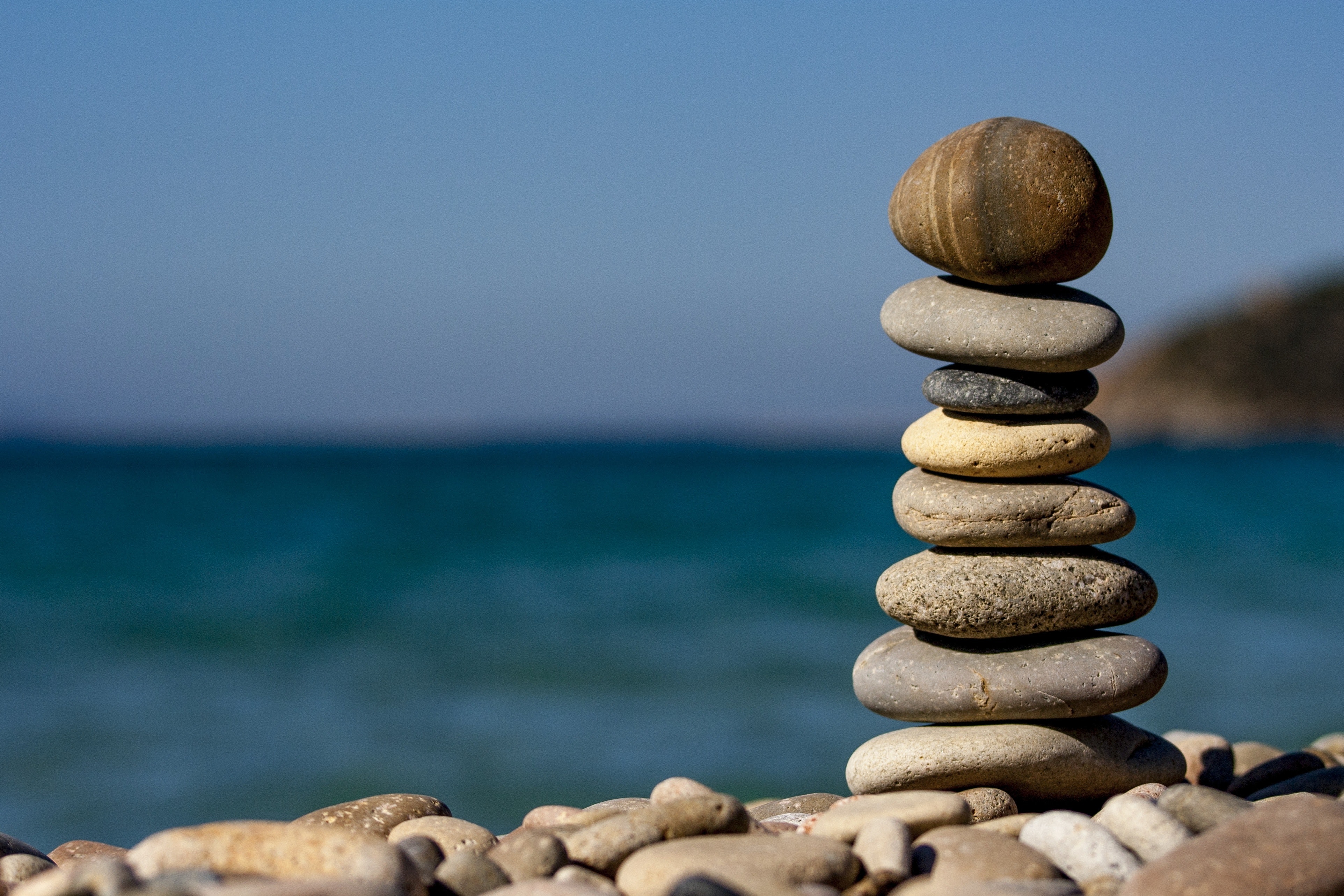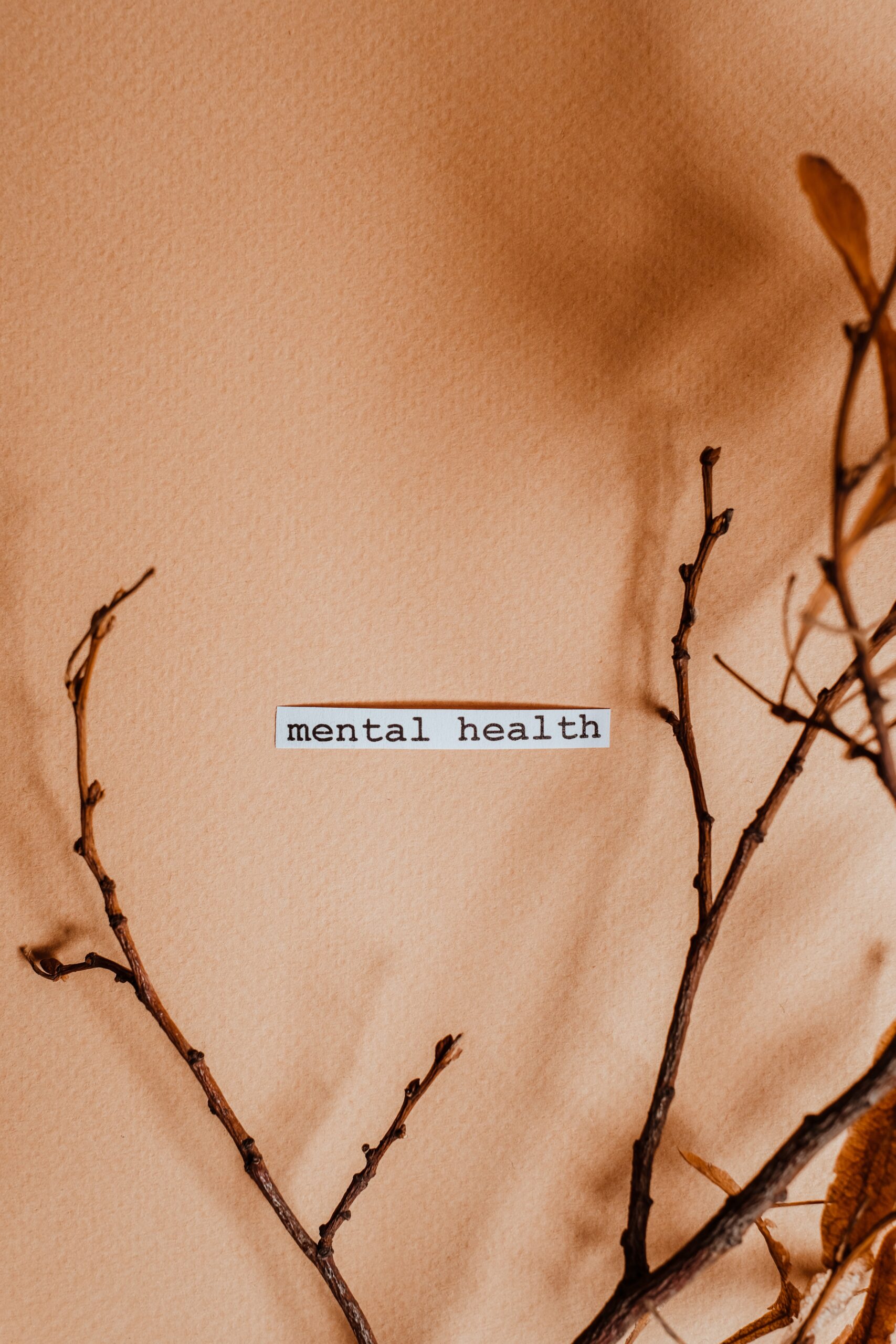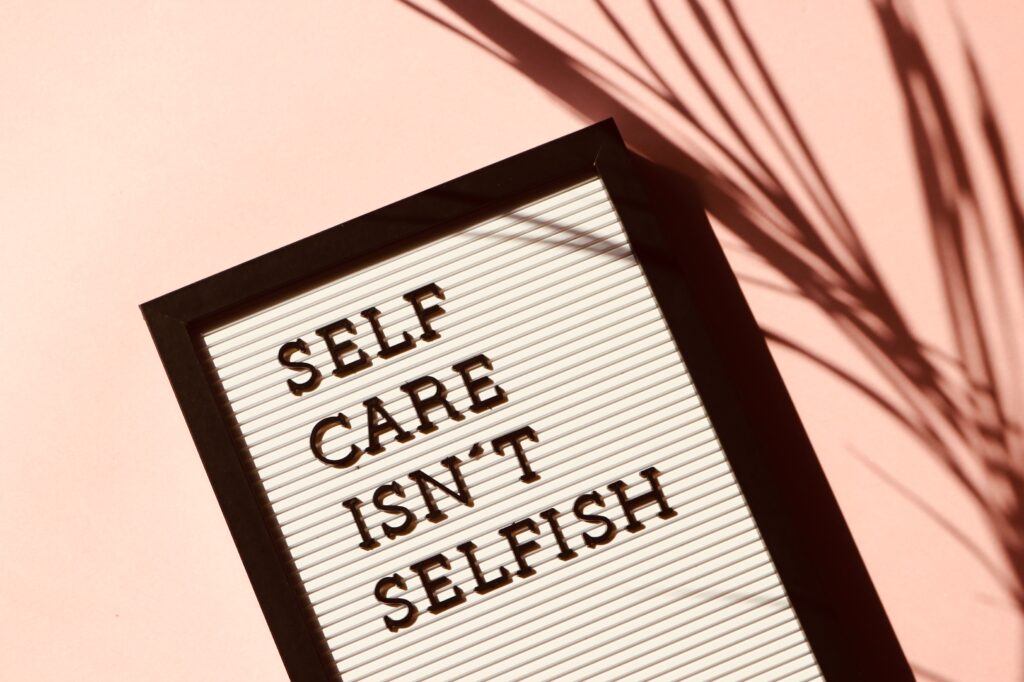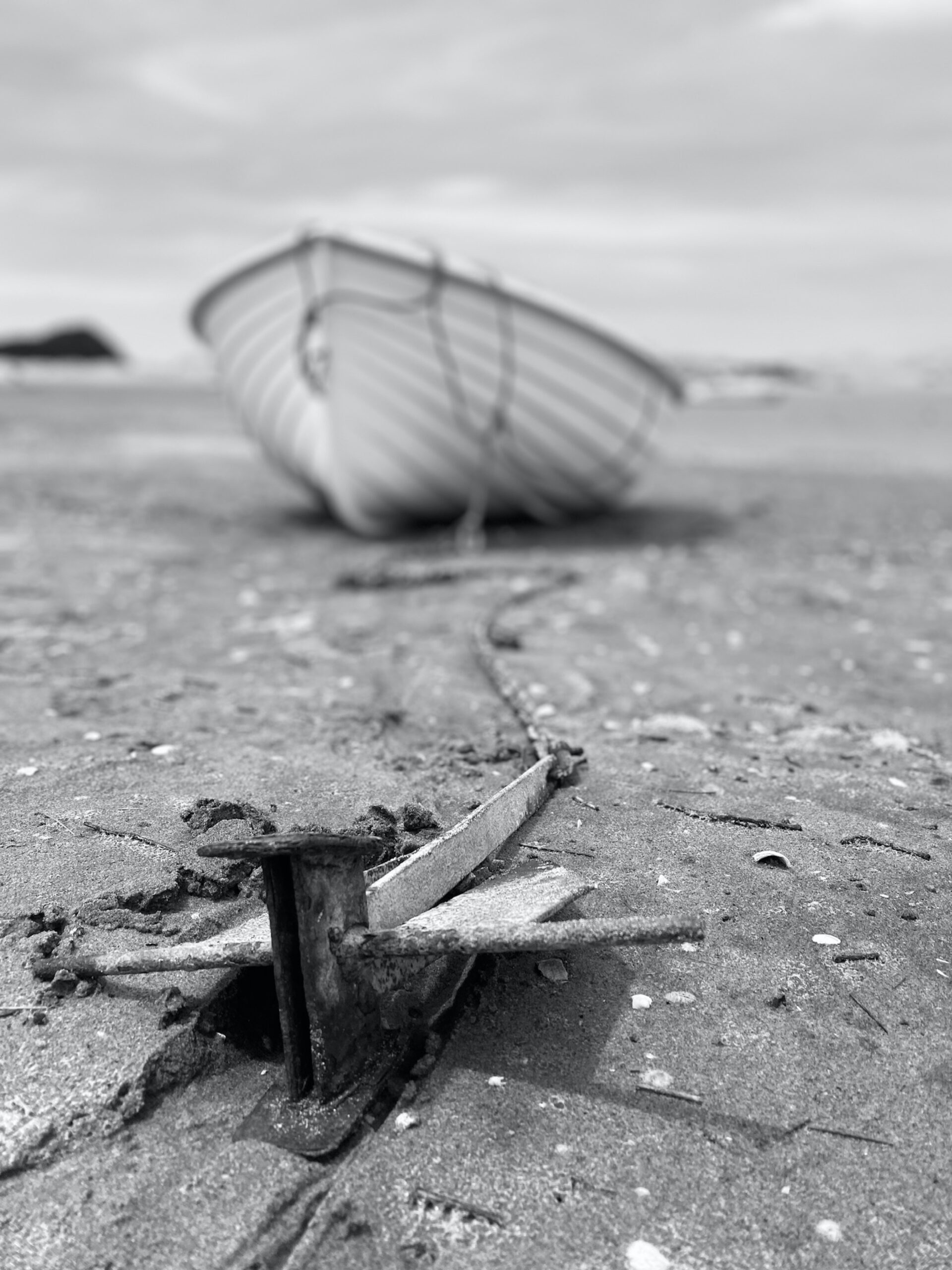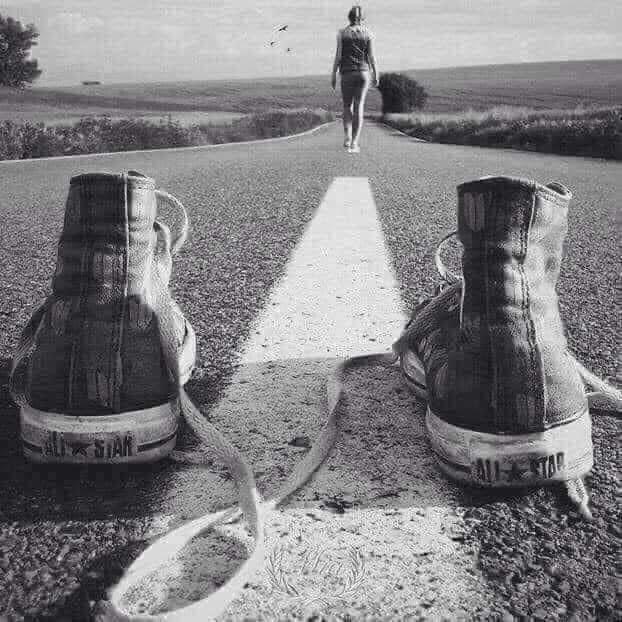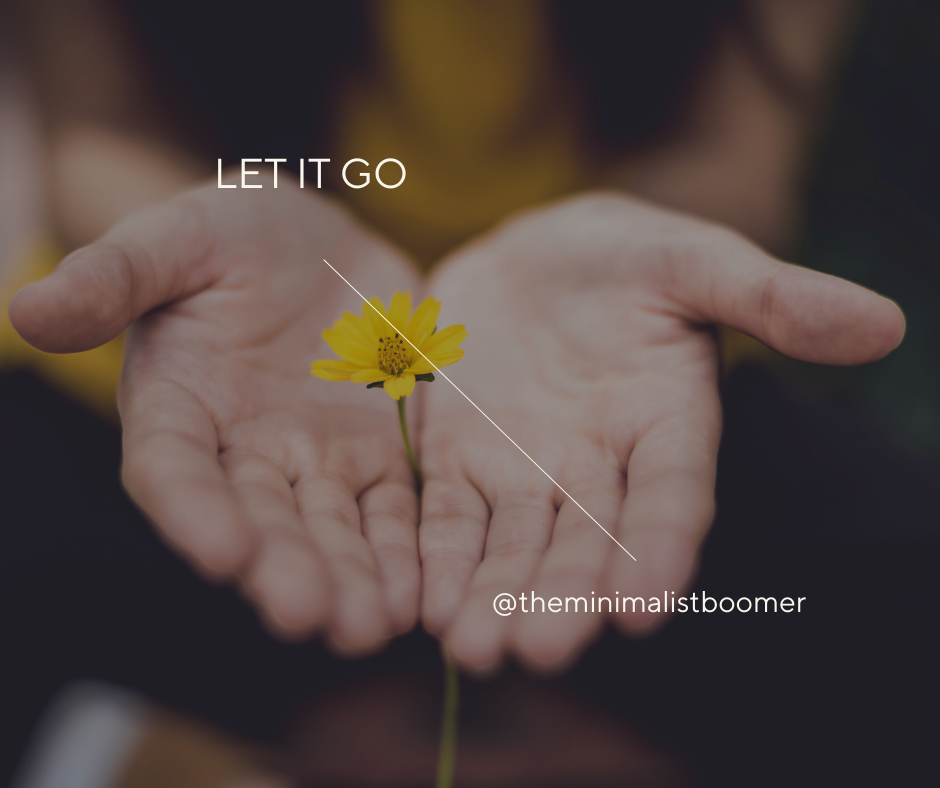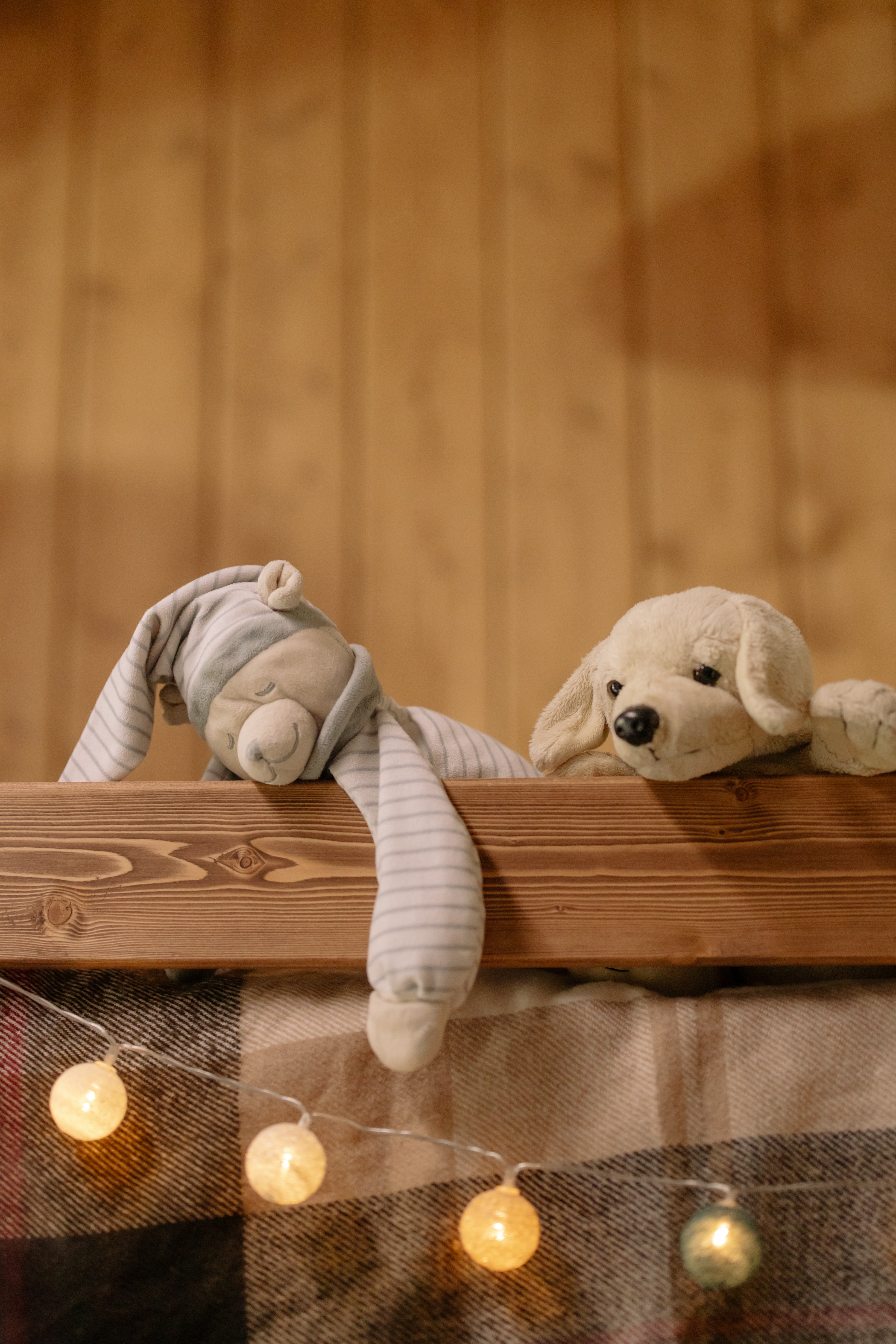Special Dedication
This article is dedicated to my son, Ryan Robinson, who models this type of lifestyle. He traveled all 50 of the U.S. states by the time he was 21 years old and continues to travel the world. Ryan applies the traveler’s mindset to every aspect of his life.
Hang on to your traveler’s mindset Ryan – www.ryrob.com & https://hikewithryan.com/
Have you ever wondered how some people seem to effortlessly navigate through life’s challenges and opportunities? The secret might lie in their ability to adopt a traveler’s mindset toward life. By embracing the mindset of an explorer, you can transform your perspective, unlock new possibilities, and ultimately lead a more fulfilling life.
When we travel, we take only what we need for the journey. As a result, we feel lighter, freer, more flexible. Adopting a traveler’s mindset for life provides the same benefit—not just for a weeklong vacation, but in everything we do. Adopt a mindset that seeks to carry only what you need for the journey.

I’d like to explore the benefits of adopting a traveler’s mentality and share some tips on how to incorporate it into your daily routine. Get ready to embark on a life-changing journey that will empower you to live life to the fullest.
“Travel makes one modest. You see what a tiny place you occupy in the world” – Gustave Flaubert
Embrace the Unknown
The unknown can be scary, but it can also be exciting. Adopting a traveler’s mentality toward your life means embracing the unknown and all the possibilities it brings. Here are some ways to embrace the unknown:
Step Out of Your Comfort Zone
It’s easy to get stuck in a routine and become comfortable with the familiar. Stepping out of your comfort zone can lead to new experiences and opportunities. Start small by trying a new food or visiting a new place in your hometown. Then work your way up to bigger challenges like traveling to a foreign country, taking a new job in a different field, or finding new ways to express yourself.
Be Open-Minded
Being open-minded means being willing to consider different perspectives, ideas, and experiences. It’s important to approach the unknown with an open mind and without preconceived notions. This will allow you to fully experience and appreciate new things without judgment.

Embrace Uncertainty
Life is full of uncertainty, and that can be frightening. However, embracing uncertainty can lead to growth and self-discovery. Instead of fearing the unknown, try to embrace it and see where it takes you. Take risks and be open to new opportunities. You may just discover things you never imagined possible.
Find Joy in the Journey
Embracing the unknown means embracing the journey, not just the destination. Enjoy the process and all the experiences along the way. This can lead to a more fulfilling and rewarding life.
Embracing the unknown can be difficult, but it’s worth it. By stepping out of your comfort zone, being open-minded, embracing uncertainty, and finding joy in the journey, you can live a more exciting and fulfilling life.
Live in the Moment
Living in the moment is one of the easiest ways to start adopting a traveler’s mentality towards your life.
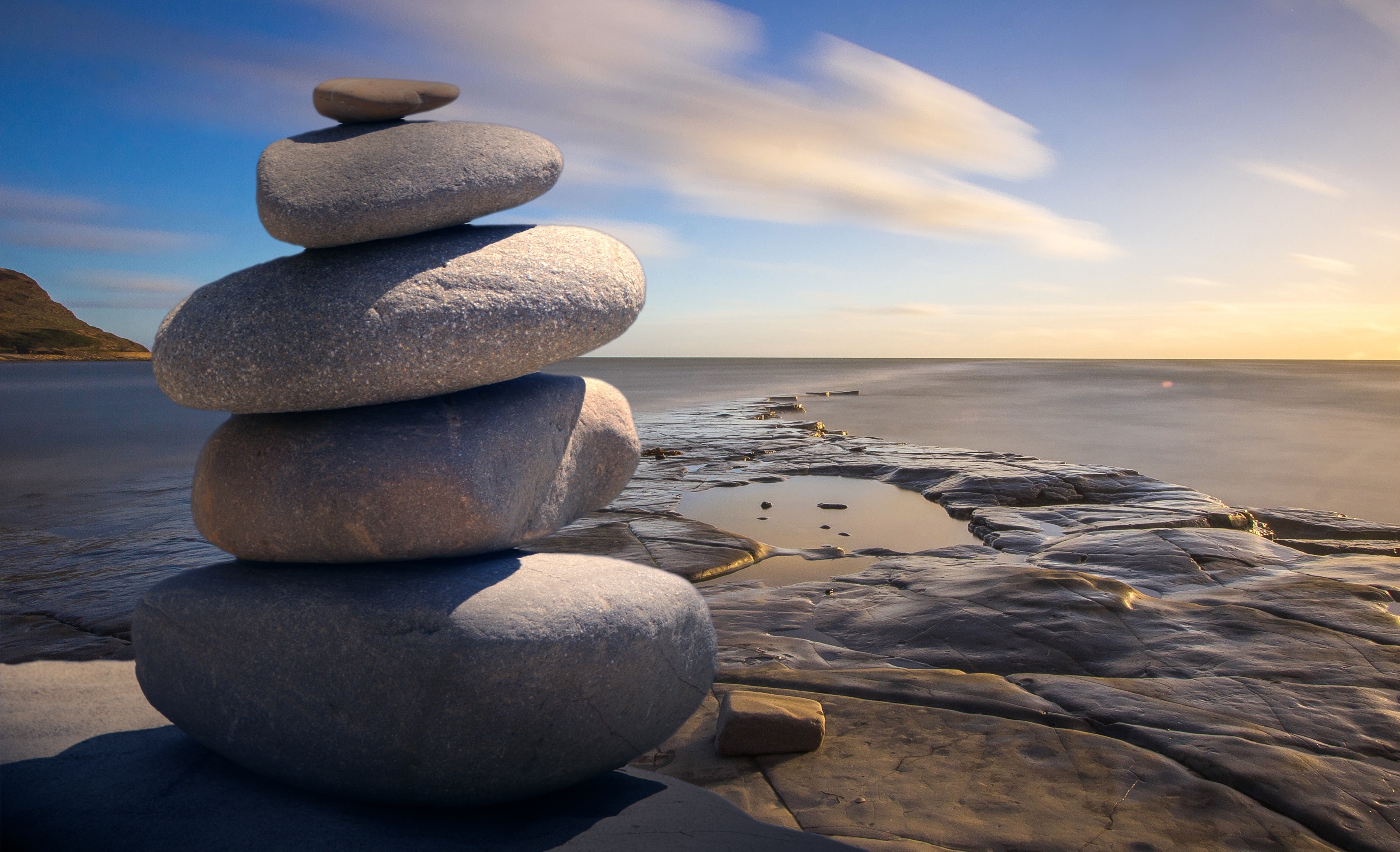
Be Mindful
Mindfulness is a state of being present and fully engaged in the moment. It involves paying attention to your thoughts, emotions, and sensations in a non-judgmental way. Being mindful can help you appreciate the little things in life and find joy in the present moment.
- Focus on your breathing for a few minutes.
- Observe your surroundings.
- Practice gratitude regularly by listing things for which you are thankful.
Avoid Distractions
Distractions can prevent you from fully experiencing the present moment. They can also lead to stress and anxiety. These are helpful ways to avoid distractions.
- Turn off your phone or put it on silent.
- Avoid multitasking.
- Take breaks from technology, especially social media.
Try New Things
“Be brave enough to try something new; you might just succeed.”
― Unknown
Trying new things can help you step out of your comfort zone and experience life in a different way. You won’t know you like something until you try it.
- Try a new hobby or sport.
- Eat at a new restaurant and don’t order the same thing.
- Travel to a new place.
Practice Gratitude

Practicing gratitude can help you appreciate the present moment and find joy in the little things in life. It’s important to remind yourself of your many blessings so that you focus on all that you have. Do it frequently and it will become a habit.
- Share things you are thankful for with a loved one.
- Thank someone for something they did for you.
- Reflect on positive experiences from your day.
Incorporating these practices into your daily life can help you live in the moment and adopt a traveler’s mentality.
Be Curious and Learn
Adopting a traveler’s mentality means viewing life as an adventure and constantly seeking new experiences. One of the most important aspects of this mindset is being curious and eager to learn.
Ask Questions
The easiest way to learn is by asking questions. Whether it’s asking a friend about their job or asking a stranger about their travels, every conversation is an opportunity to gain new knowledge. When you adopt a curious mindset, you’ll find yourself naturally asking more questions and engaging in deeper conversations.
Read Widely
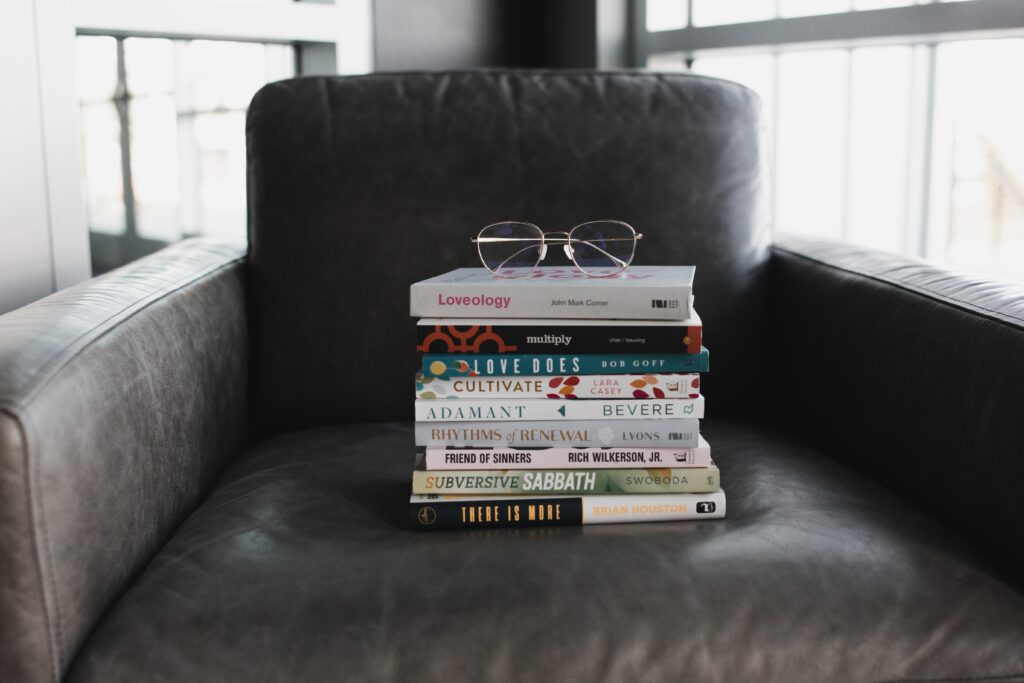
Reading is one of the best ways to learn about the world around you. Make a habit of reading widely – from news articles to novels to non-fiction books on topics that interest you. You’ll broaden your knowledge base and gain a deeper understanding of the world.
Travel
Traveling is the ultimate way to learn about new cultures and ways of life. When you travel, you’re forced out of your comfort zone and exposed to new ideas and perspectives. Even if you can’t travel abroad, exploring different parts of your own city or state can be just as eye-opening.
By embracing your curiosity and thirst for knowledge, you’ll be able to approach life with a traveler’s mentality. Keep an open mind, be willing to try new things, and never stop learning.
Embrace Diversity
“It is time for parents to teach young people early on that in diversity there is beauty and there is strength.” – Maya Angelou
One of the best ways to adopt a traveler’s mentality is to embrace diversity. This means being open to experiencing new cultures, traditions, and ways of life. When you embrace diversity, you open yourself up to a whole new world of possibilities.
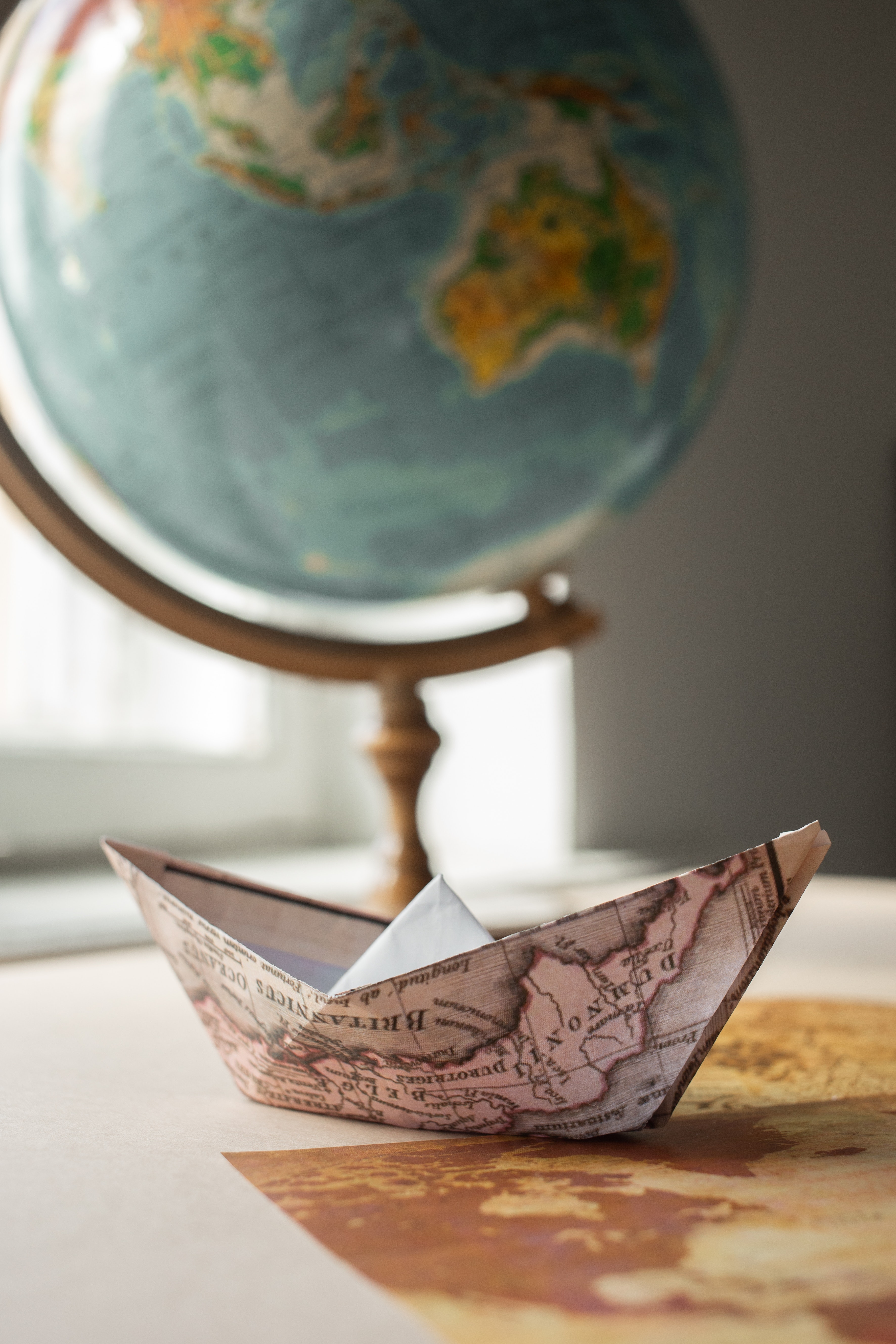
Experience New Places
One of the most obvious ways to embrace diversity is to travel. Traveling to new countries and experiencing different cultures can be a life-changing experience. It allows you to see the world from a different perspective and gain a better understanding of different cultures. When you travel, make sure to immerse yourself in the local culture. Try the local food, learn some of the language, and participate in cultural activities.
Try new things
Another way to embrace diversity is to try new things. This can be something as simple as trying a new type of food or something more complex like learning a new skill. When you try new things, you expand your horizons and gain a better understanding of the world around you.
Meet new people
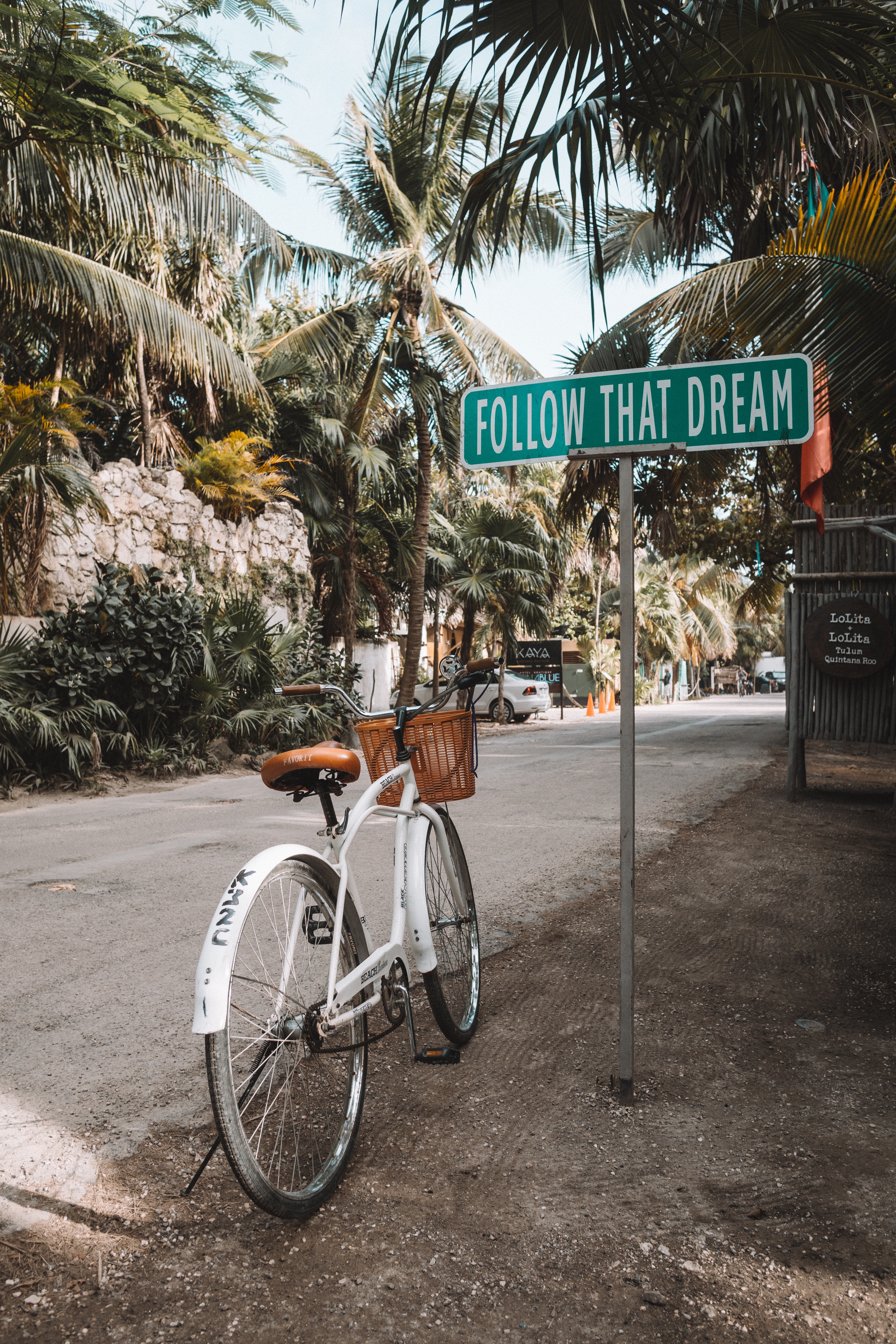
Meeting new people is another great way to embrace diversity. Try to meet people from different backgrounds and cultures. This can be done by attending cultural events, joining a club or group, or volunteering for a cause you care about. When you meet new people, be open-minded and respectful of their beliefs and traditions.
Read and watch diverse media
Reading and watching diverse media can also help you embrace diversity. This can include books, movies, TV shows, and podcasts that feature different cultures and perspectives. When you expose yourself to different types of media, you broaden your understanding of the world and become more empathetic towards others.
Embracing diversity is not always easy. It requires an open mind and a willingness to step out of your comfort zone. It can be a rewarding and enriching experience that allows you to see the world in a new light.

Take Risks
Life is full of uncertainties. It’s easy to get stuck in our comfort zones, but taking risks can lead to great rewards.
Embrace the Unknown
Most people like to stick to what they know. But when you’re traveling, there’s no choice but to embrace the unknown. The same goes for life. Don’t be afraid to step into the unknown because that’s where growth happens. Take that job offer in a new city, try a new hobby, or take a trip to a place you’ve never been to before.
Challenge Yourself
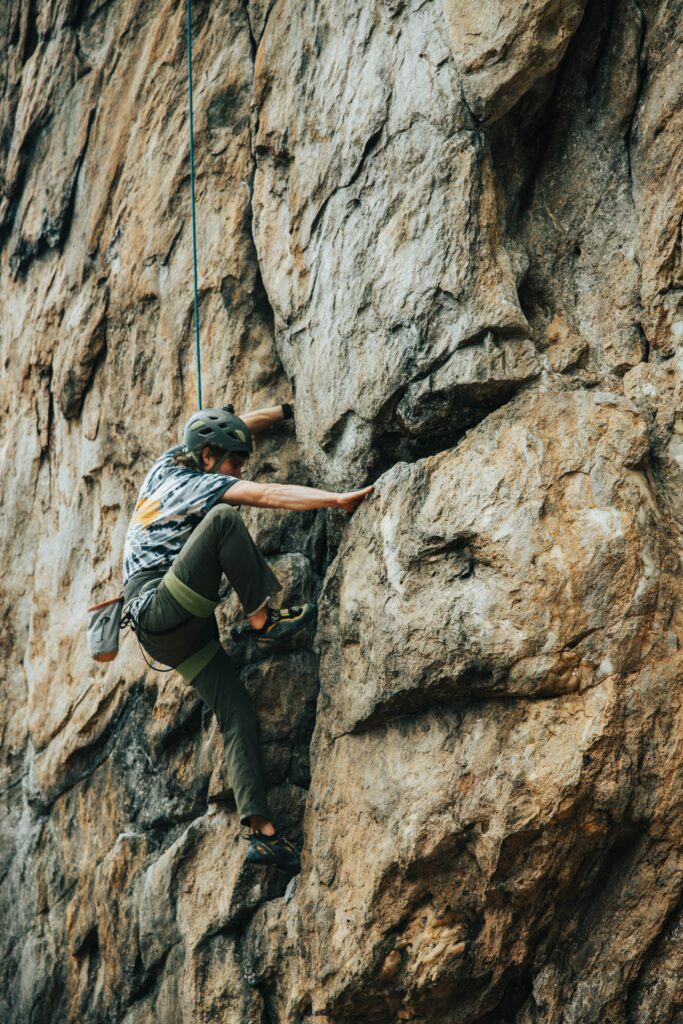
Traveling often involves challenging yourself physically and mentally. The same goes for life. Set goals that scare you and push yourself to achieve them. Whether it’s hiking a mountain, starting a business, or learning a new language, challenge yourself to step out of your comfort zone.
Learn from Failure
Failure is a big part of traveling. You miss a train, get lost, or order something you don’t like. But you learn from these experiences and move on. The same goes for life. If you fail at something, don’t let it hold you back. Learn from it and move on, try again.
Taking risks can be scary, but it can also lead to a more fulfilling life. Don’t be afraid to step out of your comfort zone and embrace the unknown. Who knows what adventures and opportunities await?

Adopting a traveler’s mentality toward your life can bring a multitude of positive changes. By embracing the unknown, challenging yourself, and being open to new experiences, you can broaden your horizons and gain a deeper understanding of the world around you.
This mindset can help you to become more adaptable, resilient, and mindful in your everyday life. By prioritizing experiences over material possessions, you can create lasting memories and connections that will enrich your life for years to come.
“The world is full of wonderful things you haven’t seen yet. Don’t ever give up on the chance of seeing them.” — J.K. Rowling
So, whether you’re traveling to a new country or simply trying something new in your hometown, remember to approach each adventure with an open mind and a sense of curiosity. Who knows where it might take you?
Please share your thoughts below.

